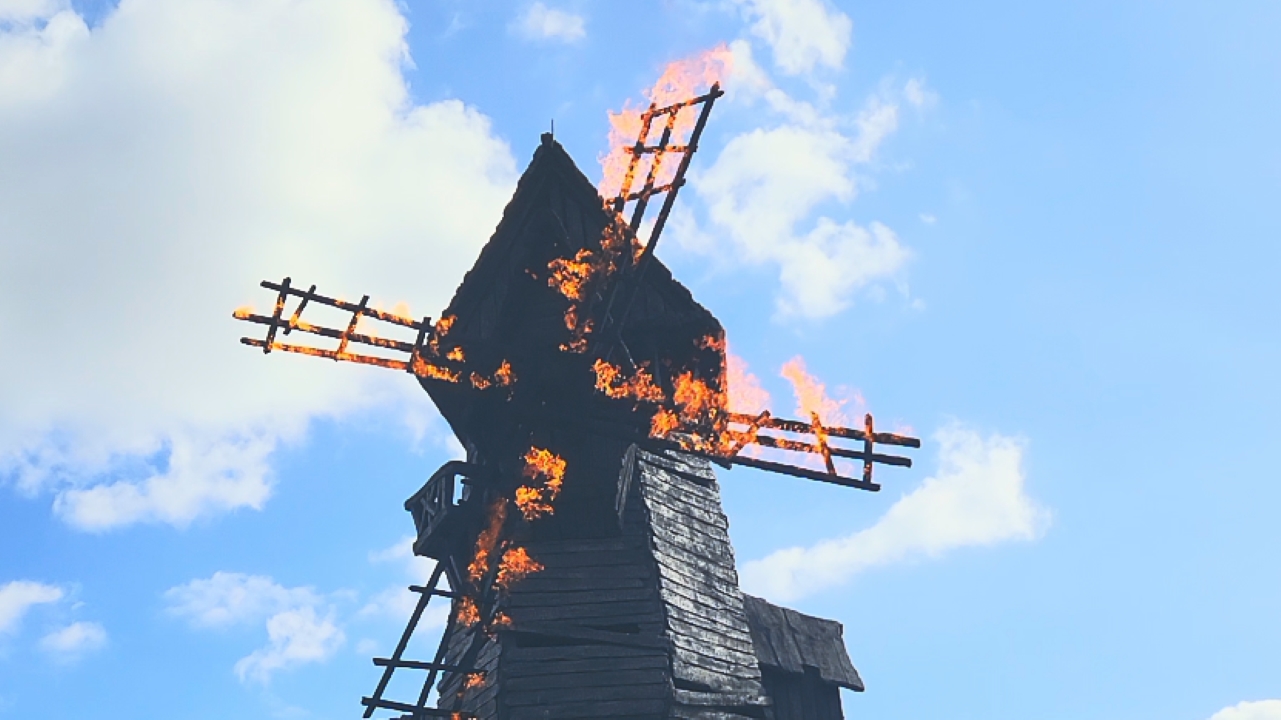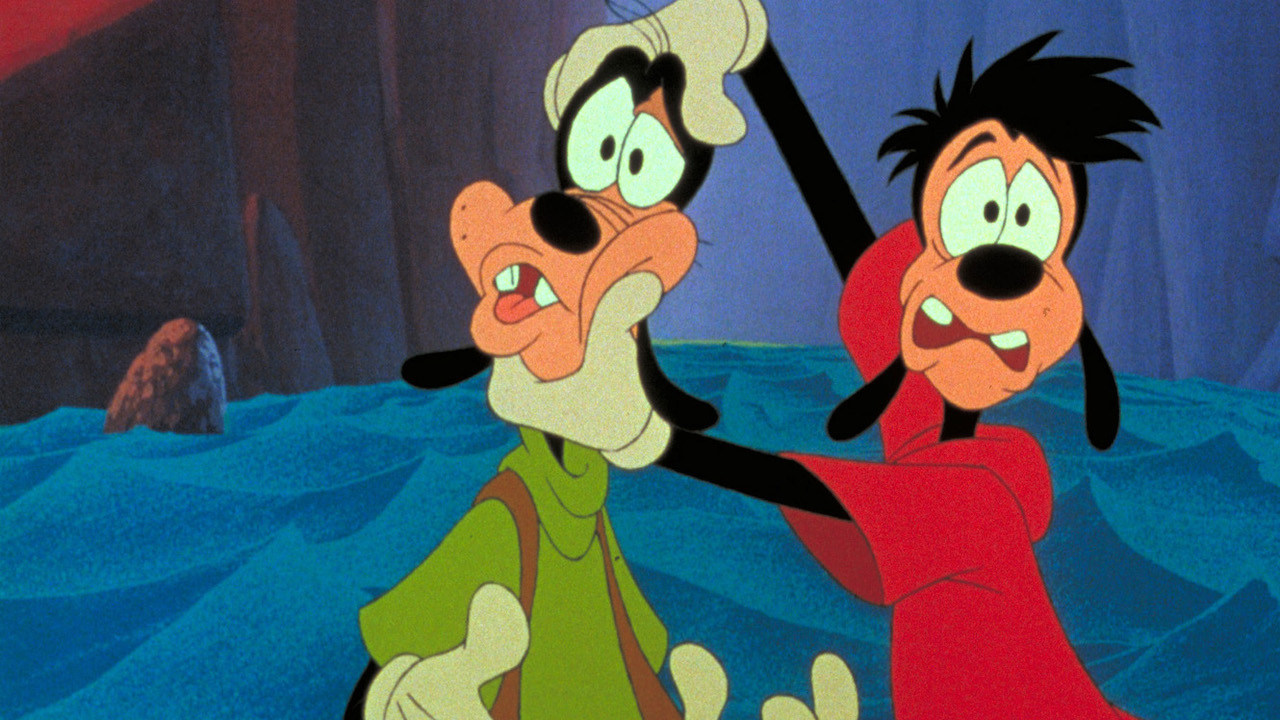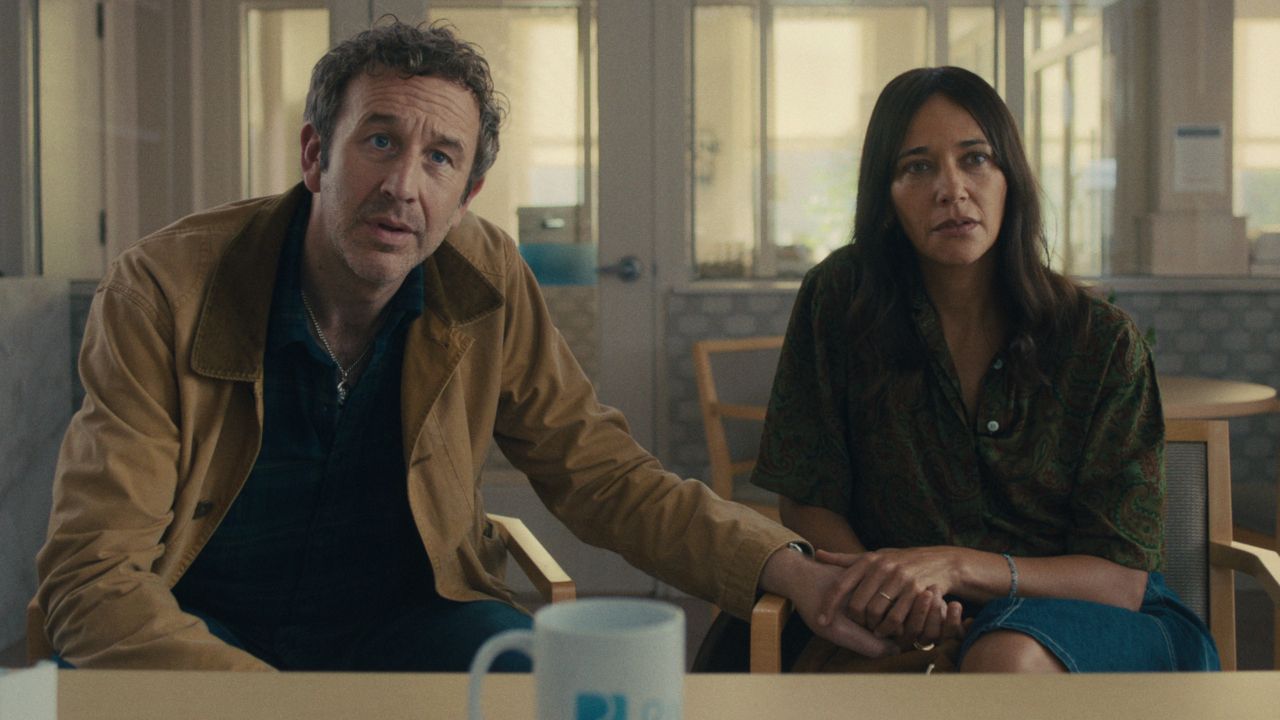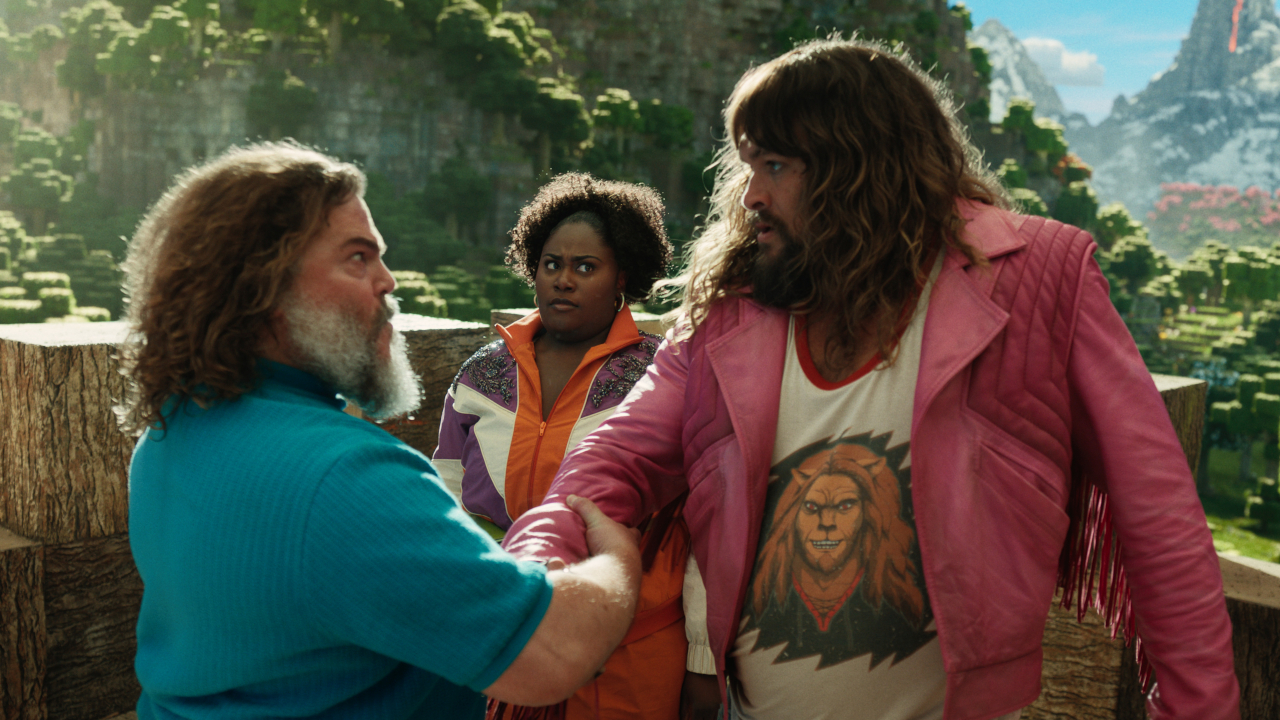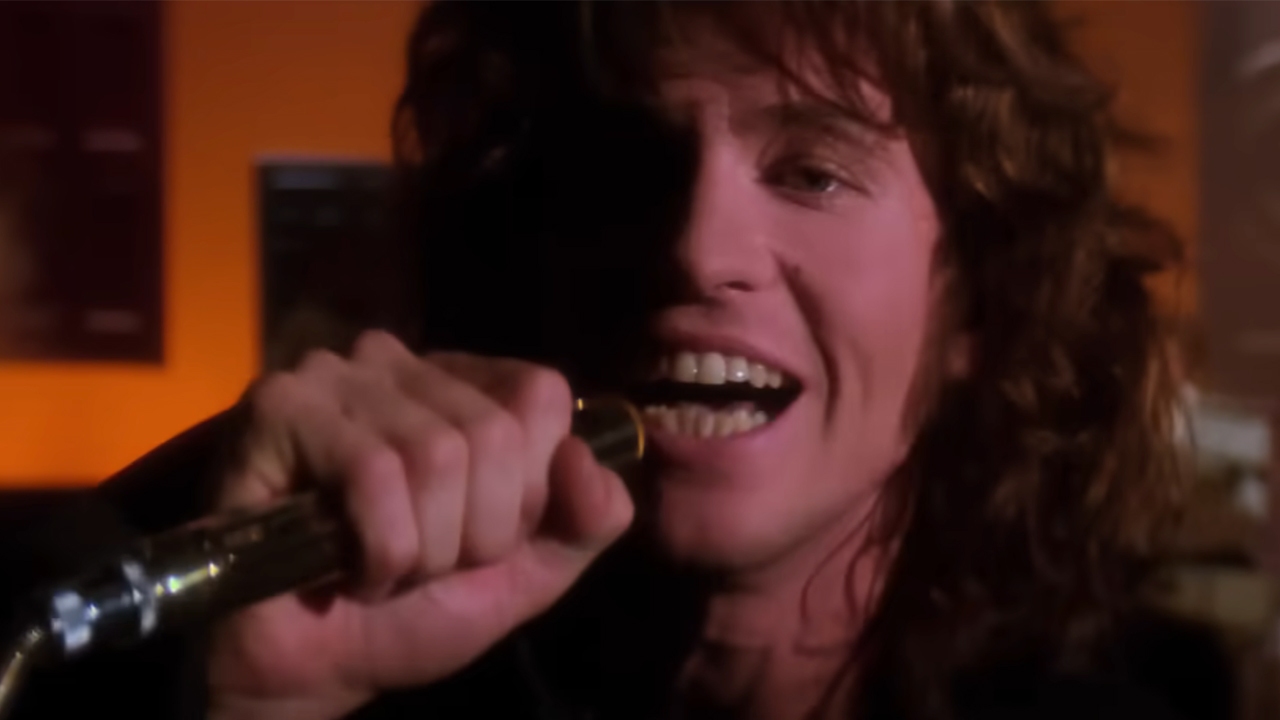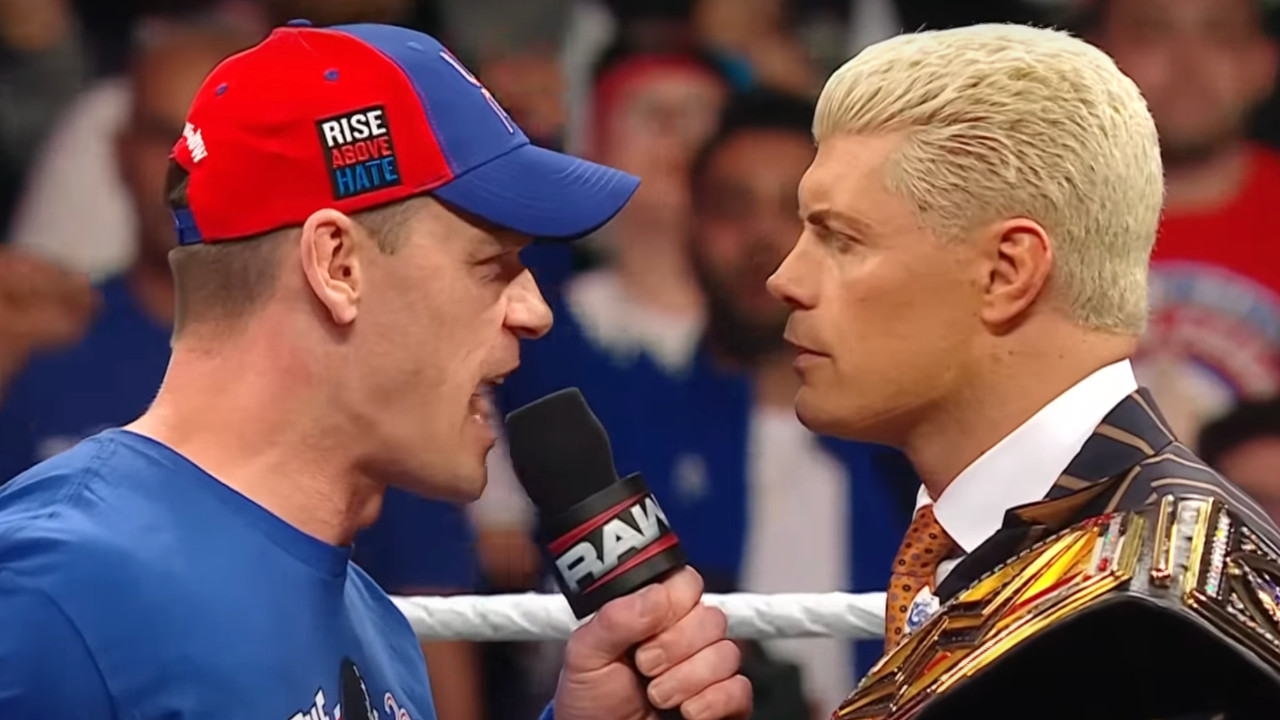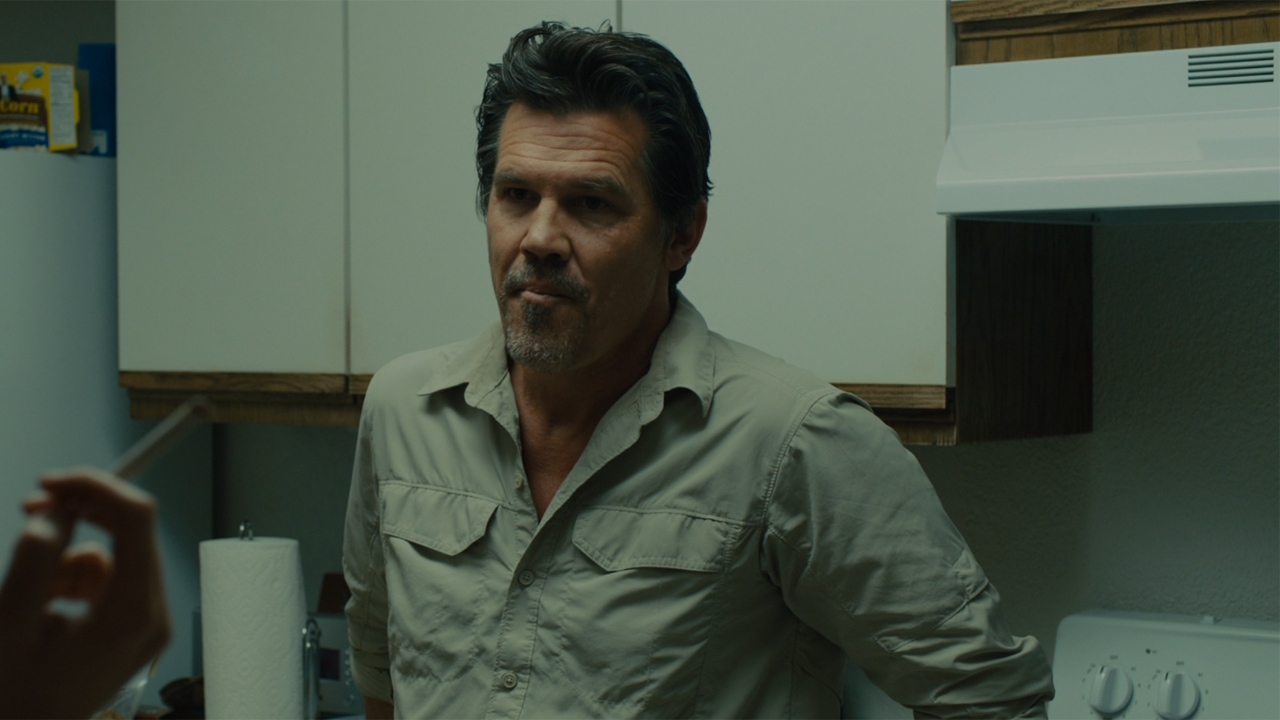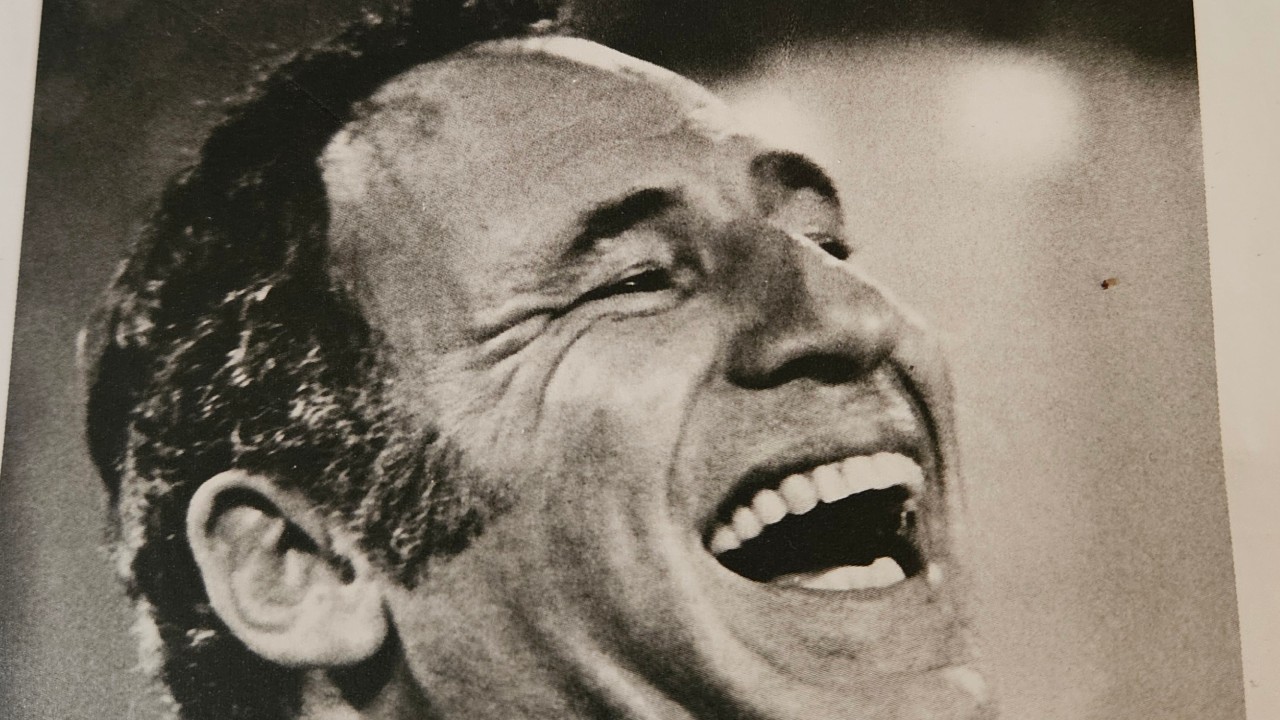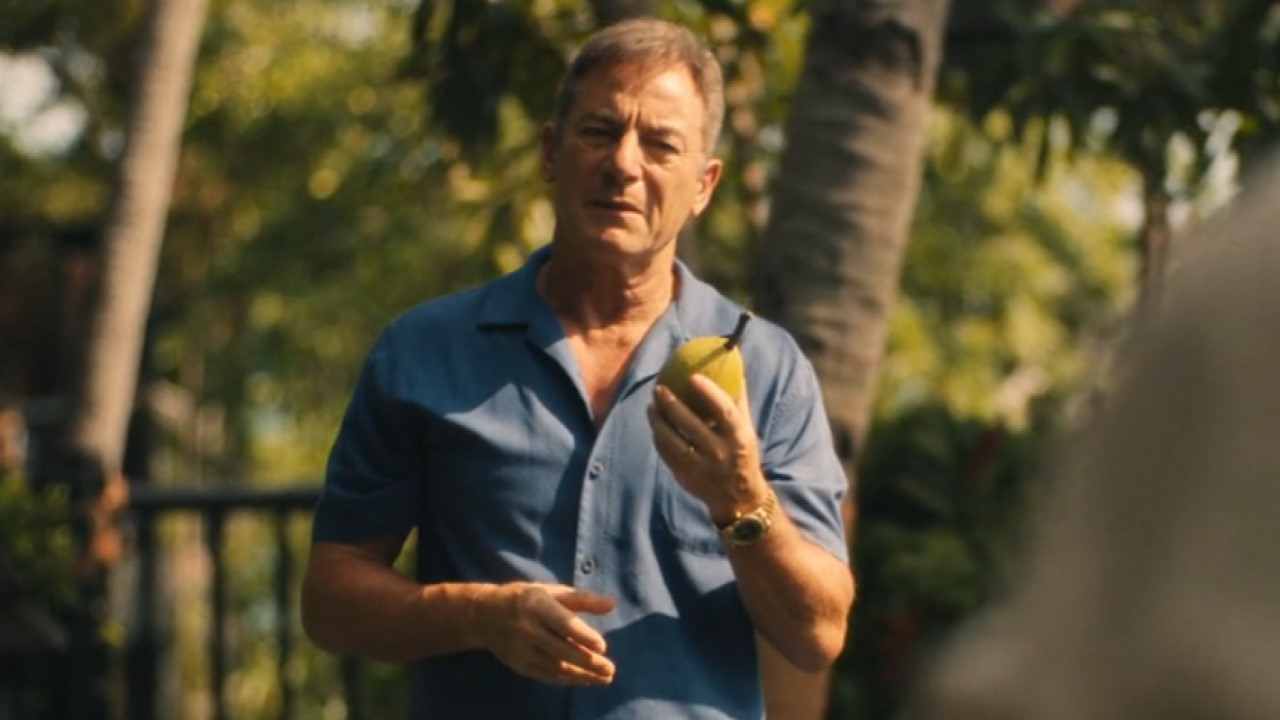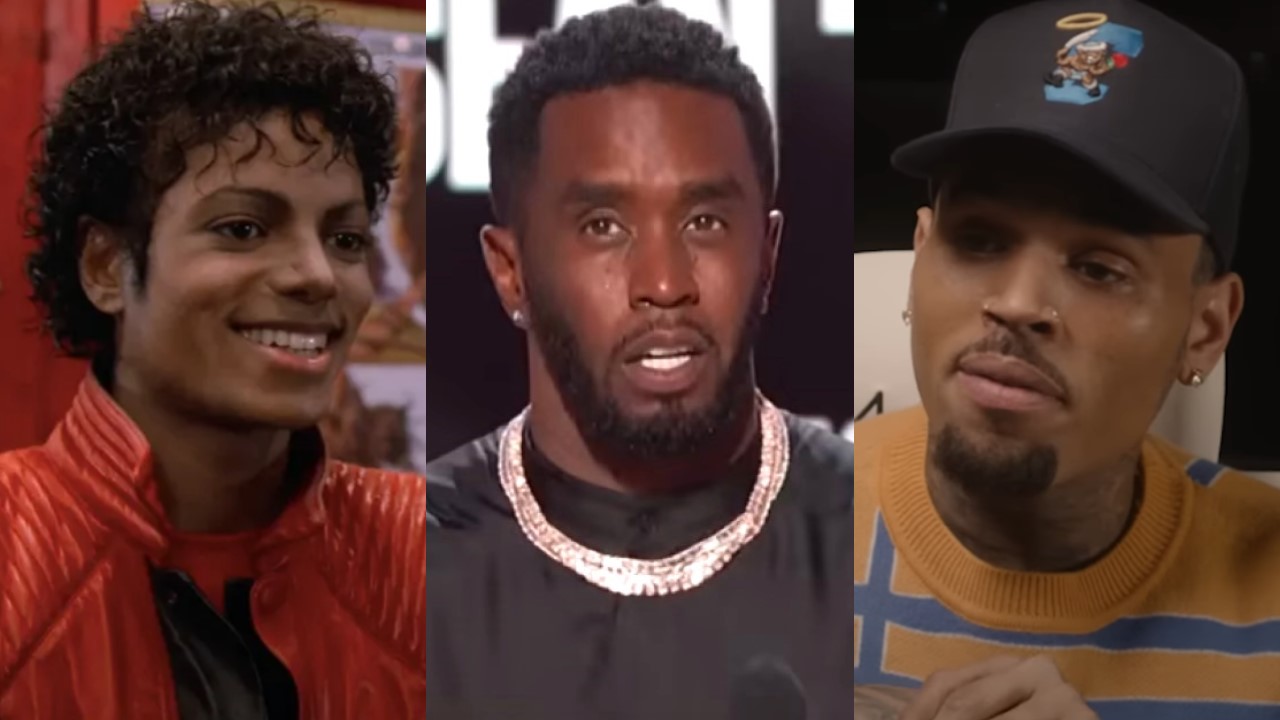32 Box Office Bombs From The 1980s That Are Actually Great
Who says an '80s movie's initial failures should haunt it forever?
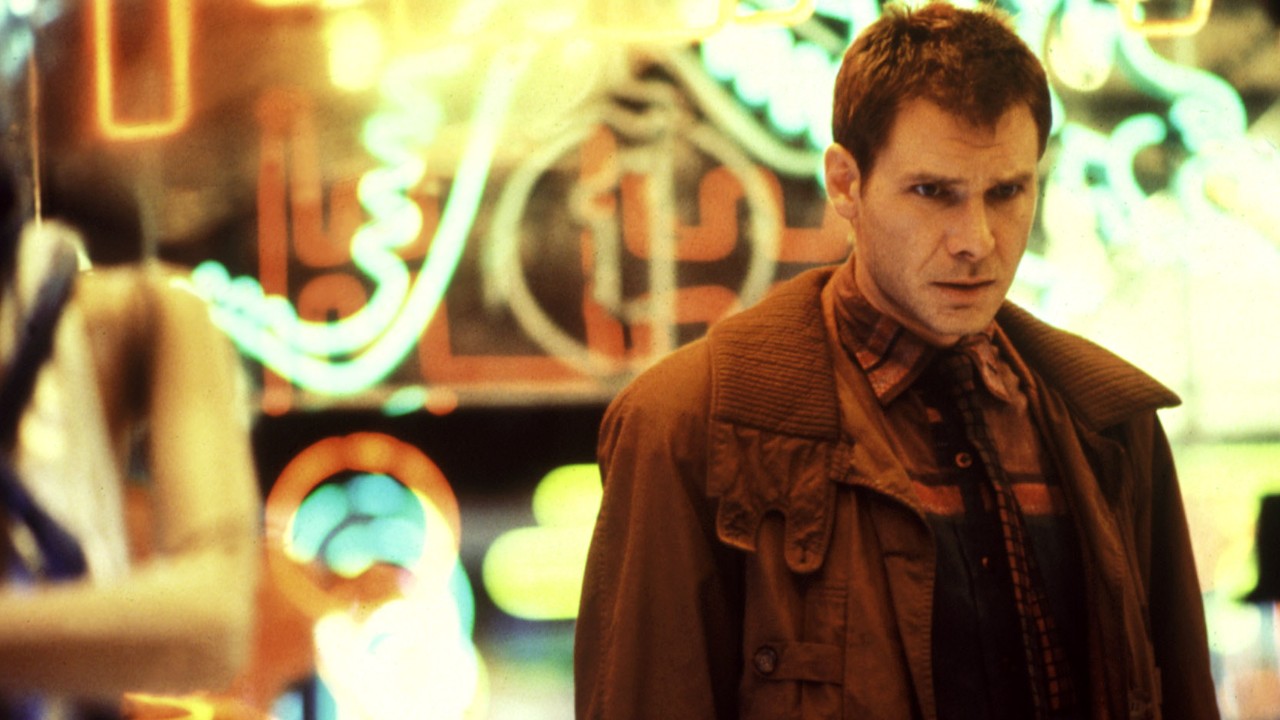
To this day, how a movie performs at the box office is still considered the most important factor in determining whether or not it deserves to be called a hit. Yet, there are quite a few examples of beloved movies — many of which came out in the 1980s alone — that prove a film’s financial success really pales in comparison to its impact on pop culture. See for yourself by taking a look at some of the best ‘80s movies that you may be surprised to learn were box office bombs back in the day.
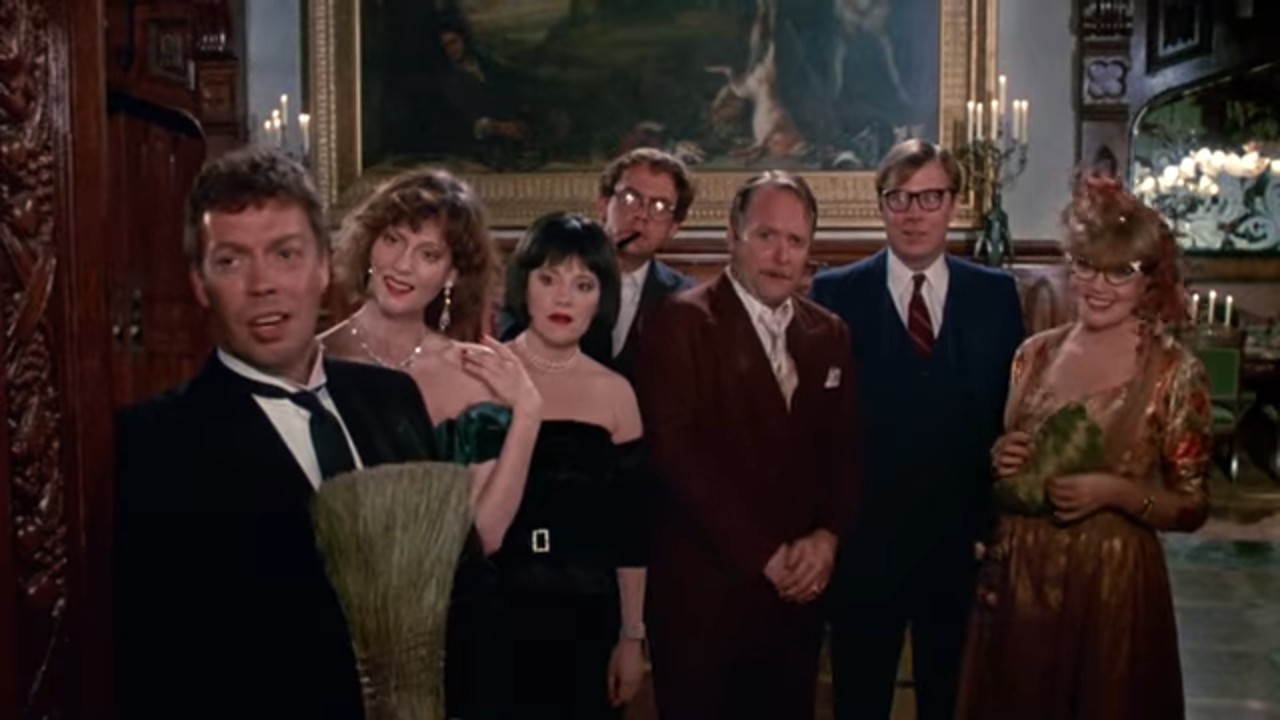
Clue (1985)
Despite an all-star cast — including Tim Curry, Madeline Kahn, Christopher Lloyd, and more — the classic whodunnit, Clue, just barely made back its $15 million budget, scooping up around $14.6 million. If only the cinematic adaptation of the iconic board game were more popular at the time, discussion regarding its three alternate endings — seen in different theaters during its initial run — would have been more widespread and could have boosted interest.
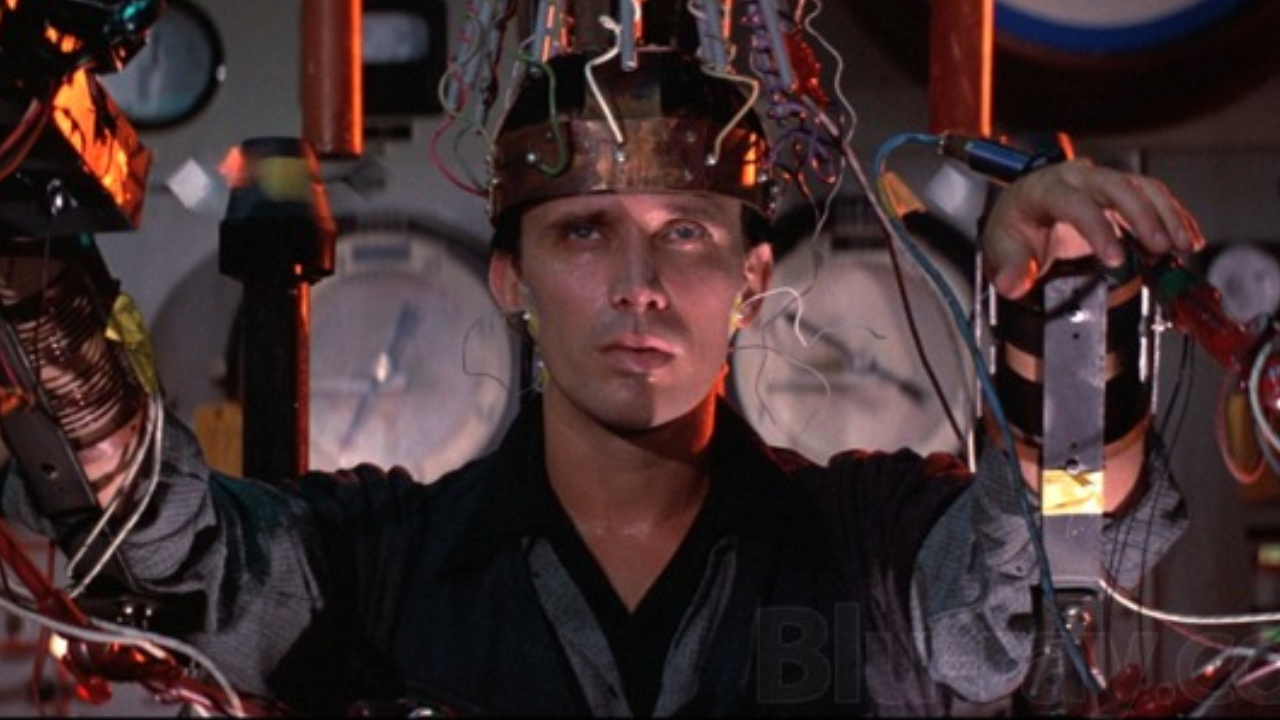
The Adventures Of Buckaroo Banzai Across The 8th Dimension (1984)
Perhaps, had it been released when movies about the multiverse became all the rage in the 2020s, The Adventures of Buckaroo Banzai Across the 8th Dimension might have been a success. Instead, the $17-million sci-fi flick starring Peter Weller as an inter-dimensional traveler and rock star took in about $6.3 million before later gaining a cult following.
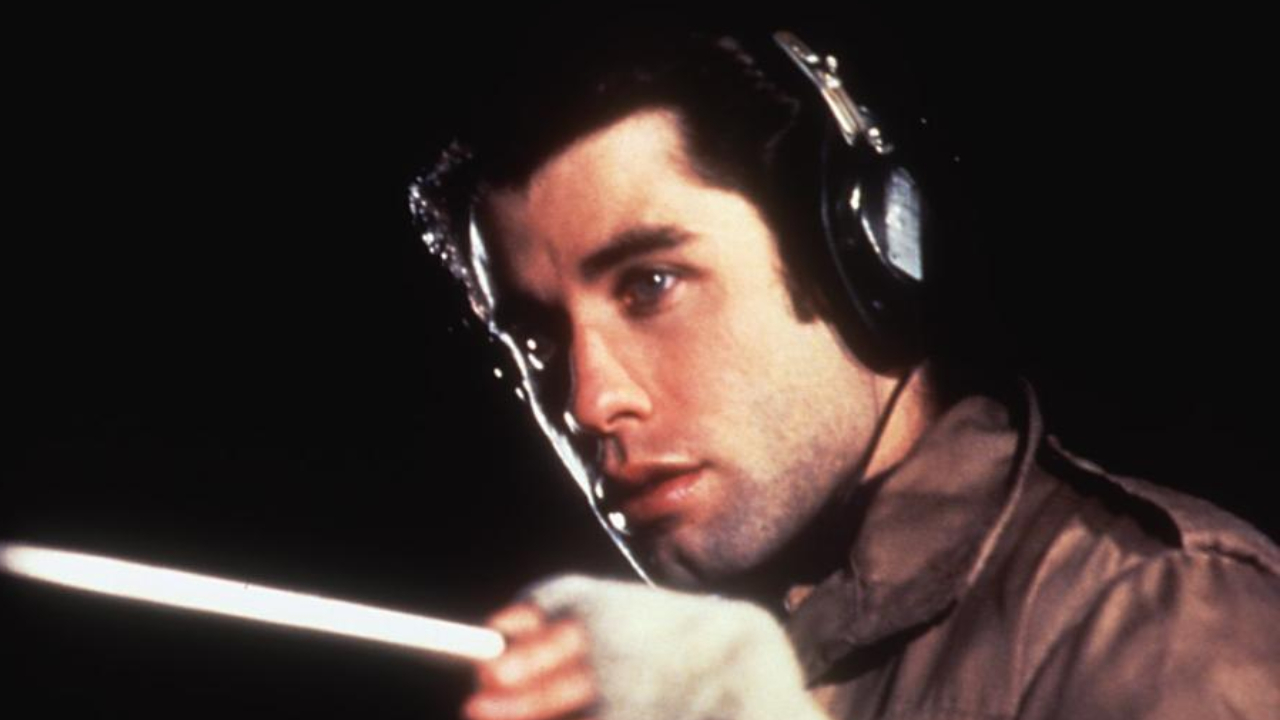
Blow Out (1981)
Even with a star like John Travolta in the lead, Blow Out would become one of the actor’s least successful films, having made just $12 million on an $18 million budget, which was still considered a great loss in that era. Luckily, director Brian De Palma’s thriller about a sound recorder who becomes embroiled in a murder plot has since been reevaluated as a well-crafted suspense thriller, and can call Quentin Tarantino a fan.
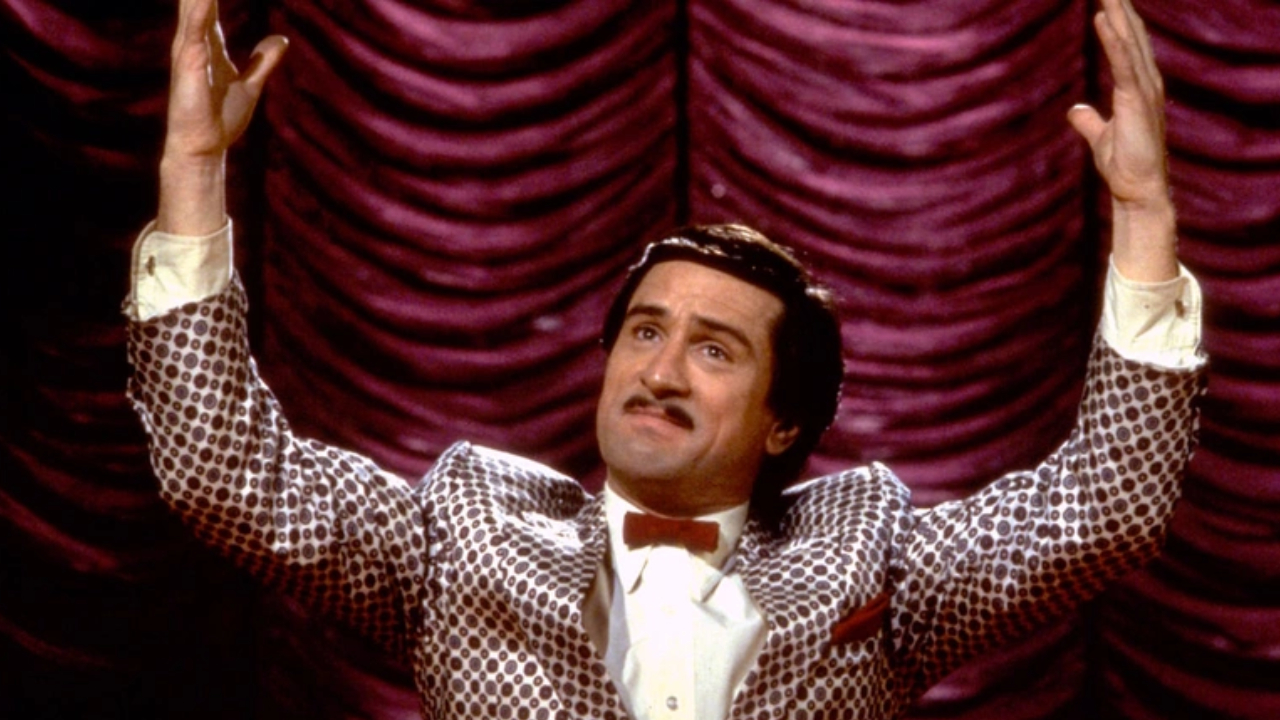
The King Of Comedy (1982)
Not all of Martin Scorsese’s movies have been the hits you might assume, with The King of Comedy being one of the esteemed filmmaker’s weakest-performing efforts. Even with Academy Award winner Robert De Niro in the lead role of a man who grows dangerously desperate to achieve his comedy aspirations, the dramedy made slightly more than $2 million but cost $19 million to make.
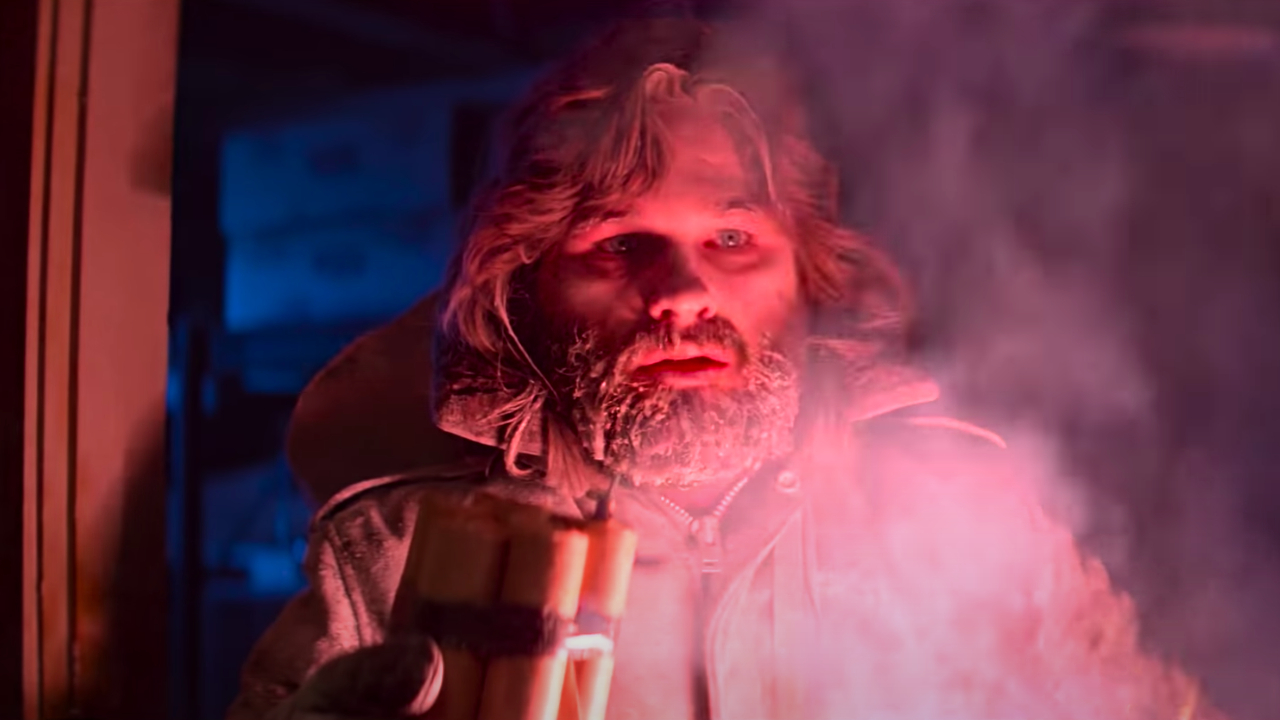
The Thing (1982)
It was not until years after it was first released in theaters that The Thing was finally considered one of the best horror movies of all time, as the paranoia-fueled nightmare about an otherworldly, shapeshifting creature was not well-received by critics or audiences. Director John Carpenter and others involved with the making of the $15 million thriller — with dazzling special effects to show for it — blame its $13.8 million performance on the success of a more lighthearted alien film at the time: E.T. the Extra-Terrestrial.
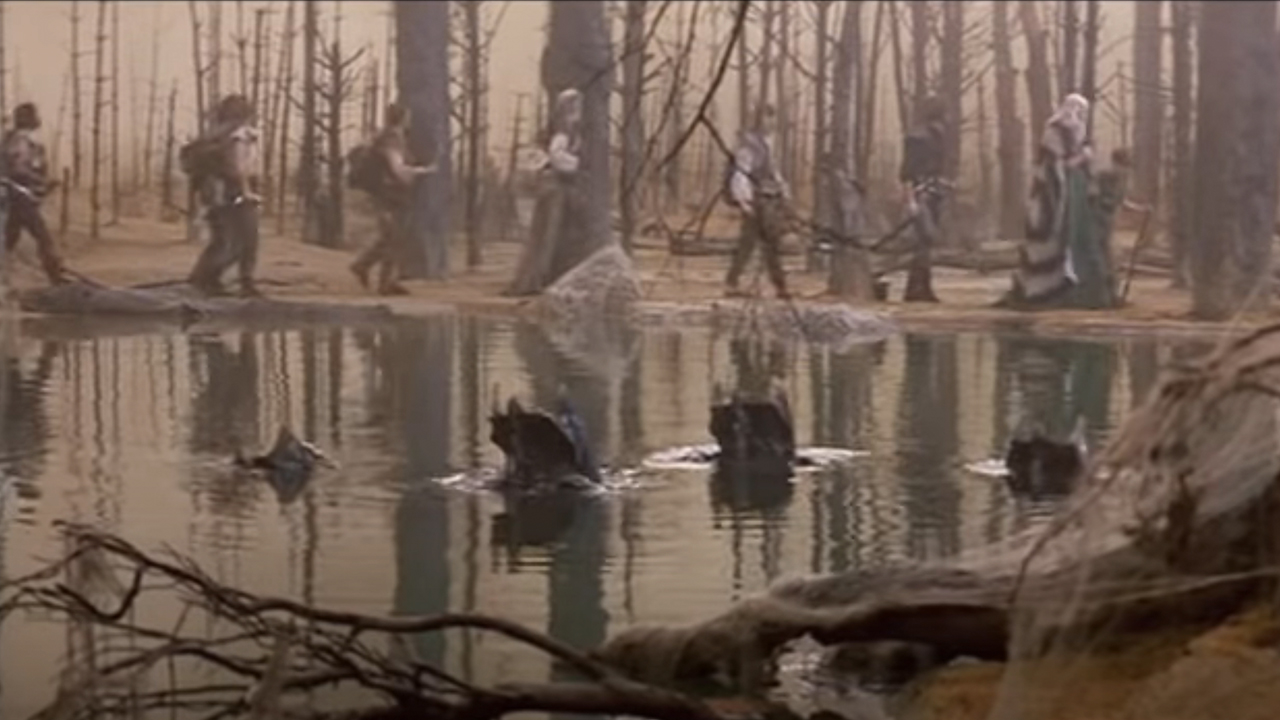
Krull (1983)
While it has not been immune to modern criticism as an ’80s movie that is actually not so good, Krull has found a cult following, inhabited by people who enjoy its charmingly out-of-date special effects and old-fashioned plot involving a prince seeking to rescue his love from evil alien invaders. The $47 million sci-fi flick did not have too many fans at the time of its release, however, and made just $16.5 million.
CINEMABLEND NEWSLETTER
Your Daily Blend of Entertainment News
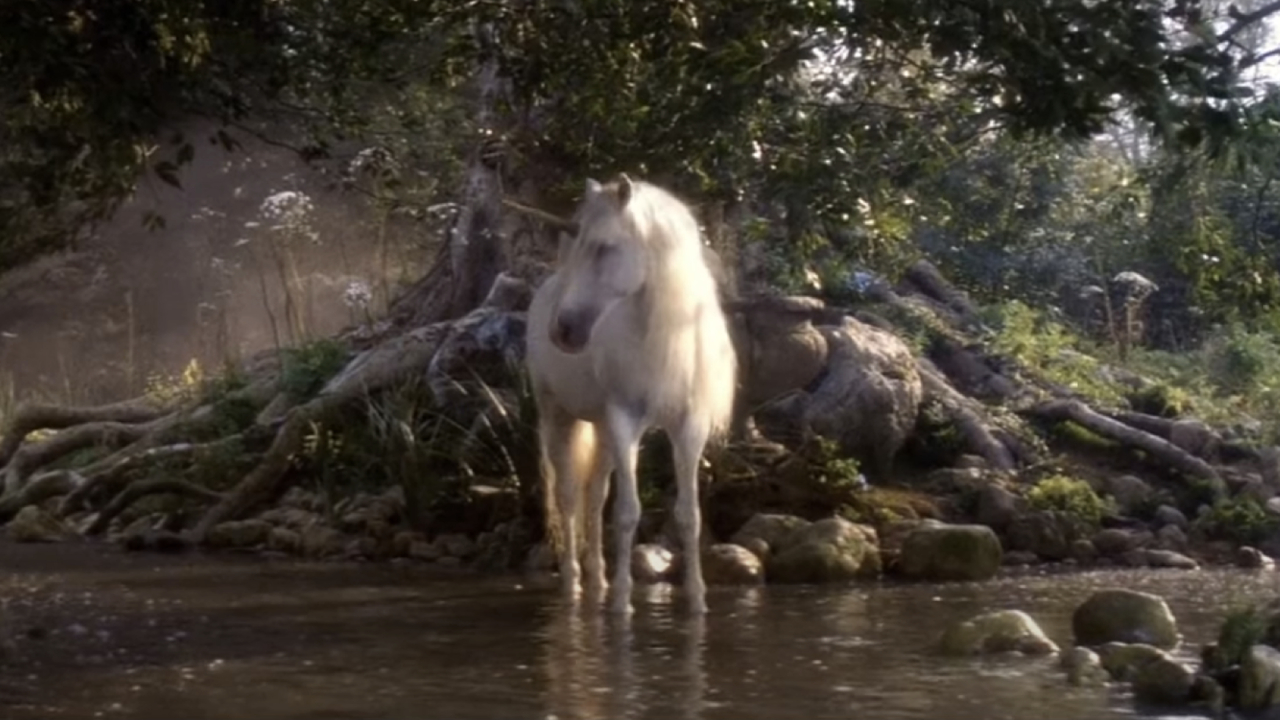
Legend (1986)
The more modern, cult success of the Oscar-nominated fantasy film, Legend, can be traced back to the release of Ridley Scott’s unrated Director’s Cut in 2002. However, at the time of release, the Tom Cruise-led adventure — also starring Mia Sara and a devilish Tim Curry — was not well received by critics and only made $ 23 million on a budget of $25 million.
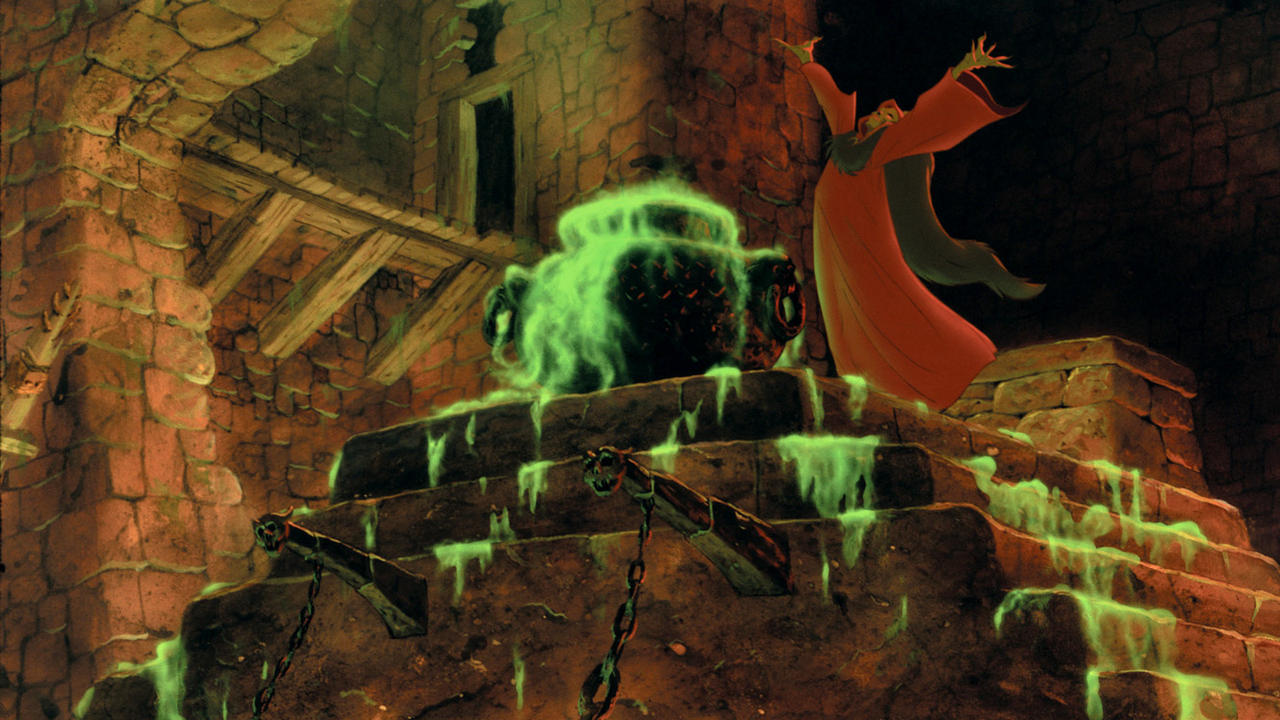
The Black Cauldron (1985)
While now considered an underrated Disney classic, The Black Cauldron almost sealed the fate of the company’s animation division at the time, and for various reasons. Among them, the creepy film about children racing to find a mystical item before it gets into the wrong hands cost $44 million to make, but made just $21.2 million at the box office.
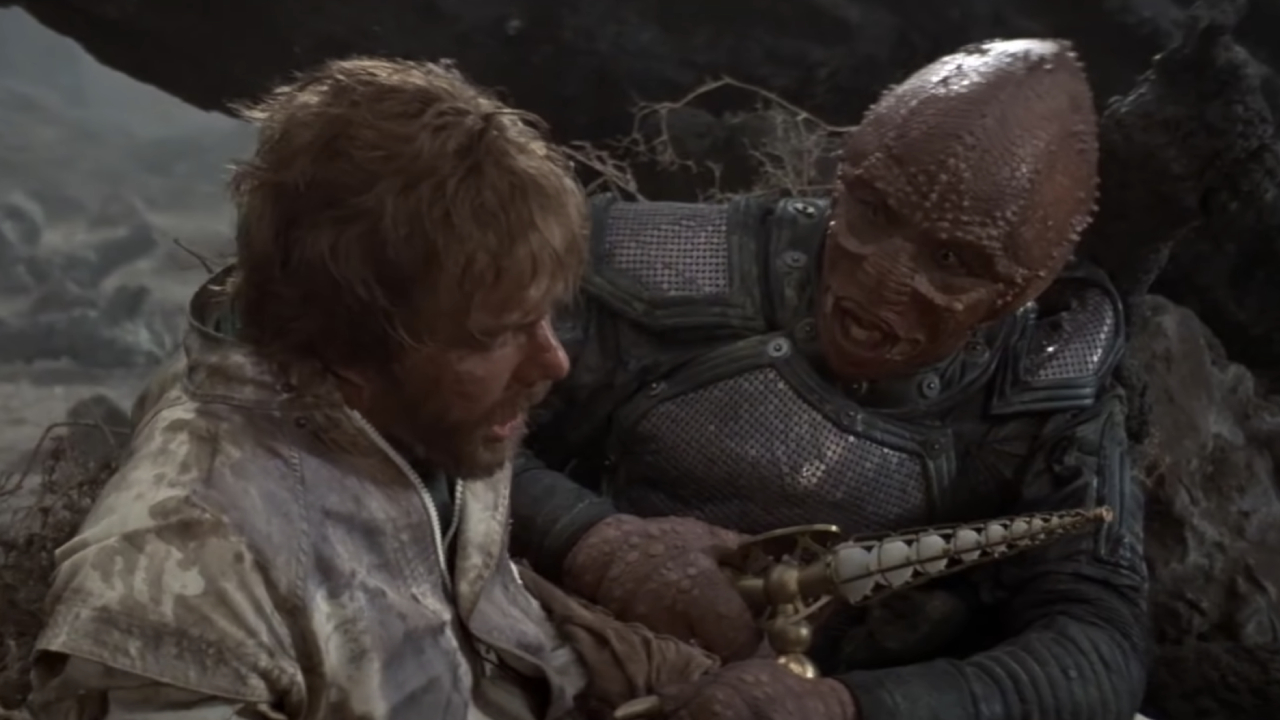
Enemy Mine (1985)
You may have forgotten about the ‘80s movie, Enemy Mine, in which Dennis Quaid and Oscar winner Louis Gossett Jr. play two people on opposite sides of a futuristic, interspecies war forced to make nice when they become stranded on a deserted planet together. However, you might be forgiven because, at the time it theaters, a lot of people forgot to see the $48 million sci-fi drama, which only grossed $12 million.
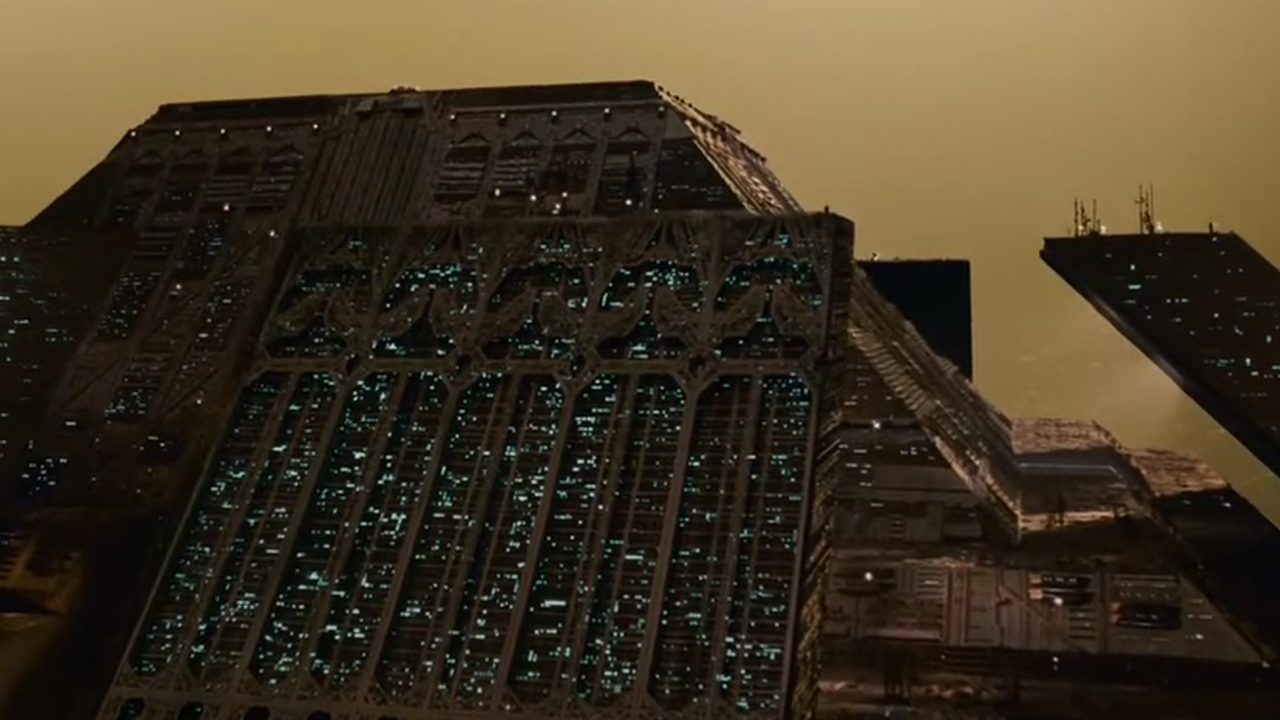
Blade Runner (1982)
You can see every cent of Blade Runner’s $28 million budget in each beautiful frame of Ridley Scott’s ambitious adaptation of Phillip K. Dick’s influential novel, Do Androids Dream of Electric Sheep? While the studio would make that money back, they only turned in a profit of just about $5 million by the end of the sci-fi classic’s original theatrical run.
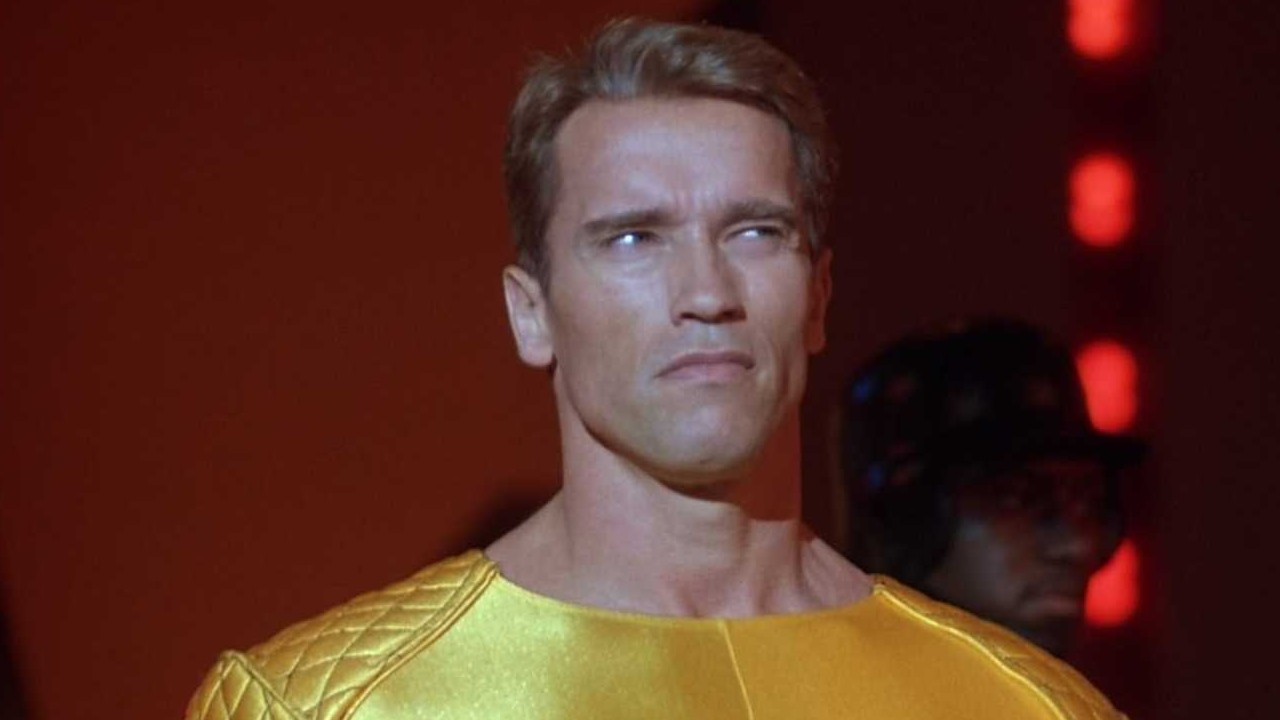
The Running Man (1987)
Despite being, just about, the biggest action star of the ‘80s, not all of Arnold Schwarzenegger’s movies from that decade proved to be a runaway success at the box office. For example, The Running Man — based on a novel by Stephen King, written under the pen name Richard Bachman — did make $38 million, but when compared to its $30 million budget, was ultimately considered a failure at the time.
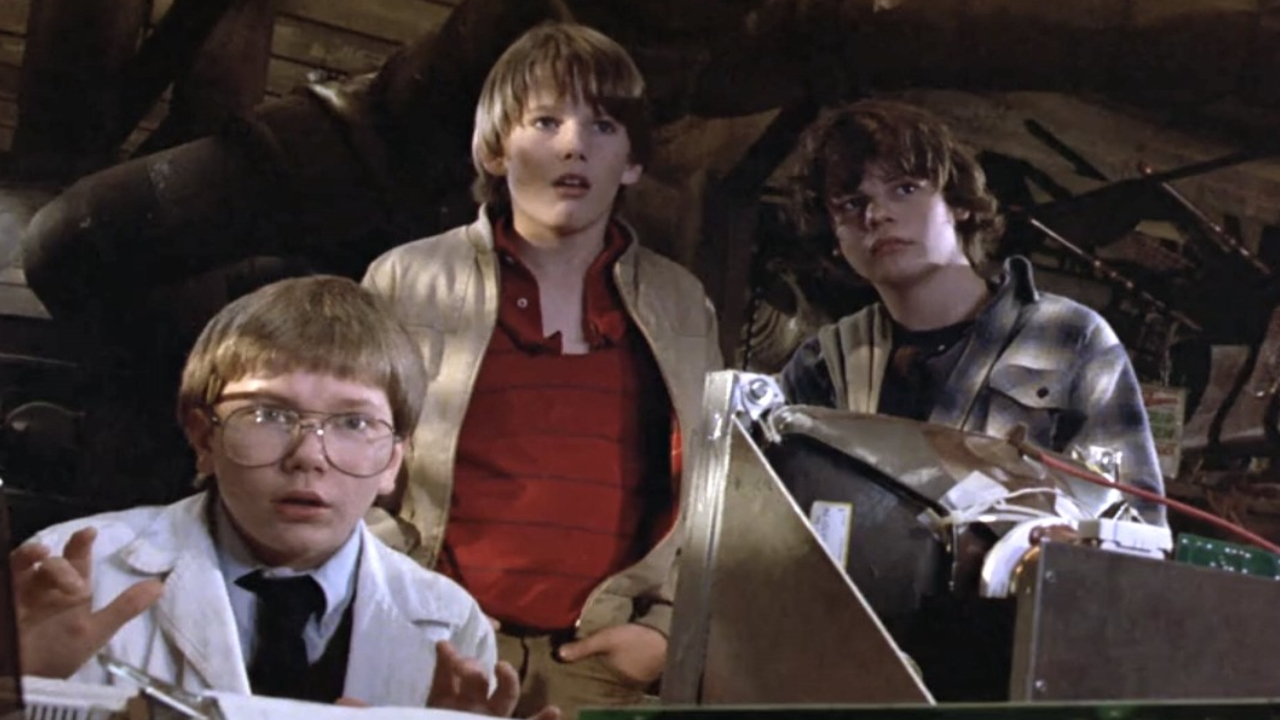
Explorers (1985)
Ethan Hawke made his acting debut in this Joe Dante-helmed sci-fi flick that sees every child’s dream of actually being able to travel through space come true — with help from an extraterrestrial manual, of course. Despite its inventive premise, Explorers only beamed up $10 million, while costing $24 million.
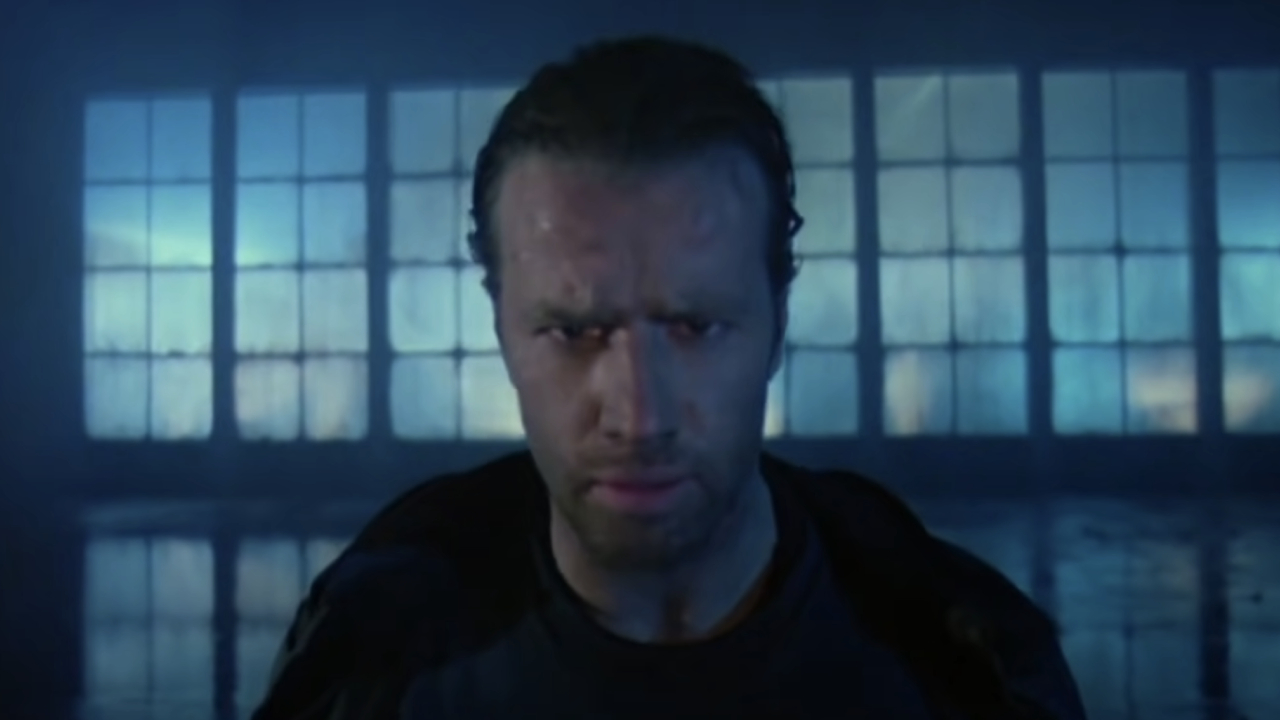
Highlander (1986)
There actually might have only been “one” Highlander after all, had director Russel Mulcahy’s fantasy thriller about a Scottish swordsman granted eternal life not gained a cult following. Even with Sir Sean Connery in the cast, the $16 million fantasy thriller was not a quite a hit in its theatrical run, earning only $12.9 million.
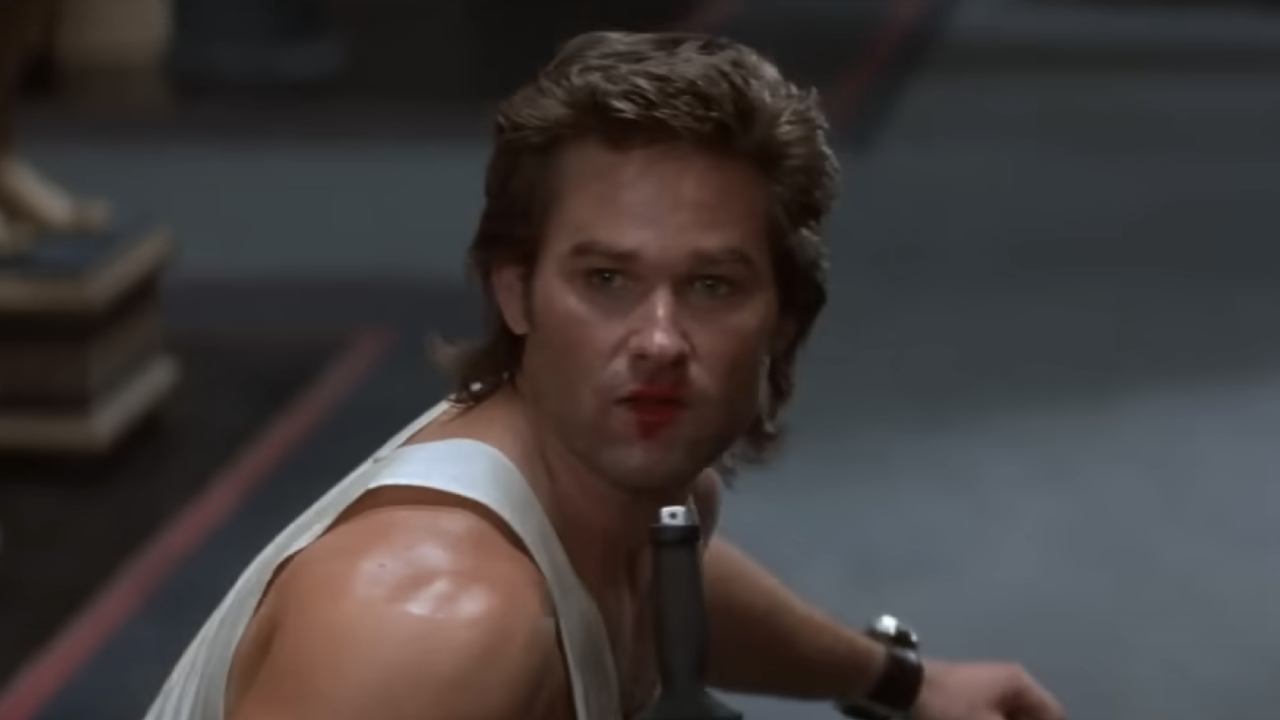
Big Trouble In Little China (1986)
While recognized as an iconic actor-director duo, Kurt Russell and John Carpenter could rarely catch a break in the ’80, having made more than one bomb in that era. An even bigger commercial failure than The Thing was Big Trouble in Little China — a funny, inventive fantasy adventure that cost $25 million to make, but only took in $11.2 domestically.
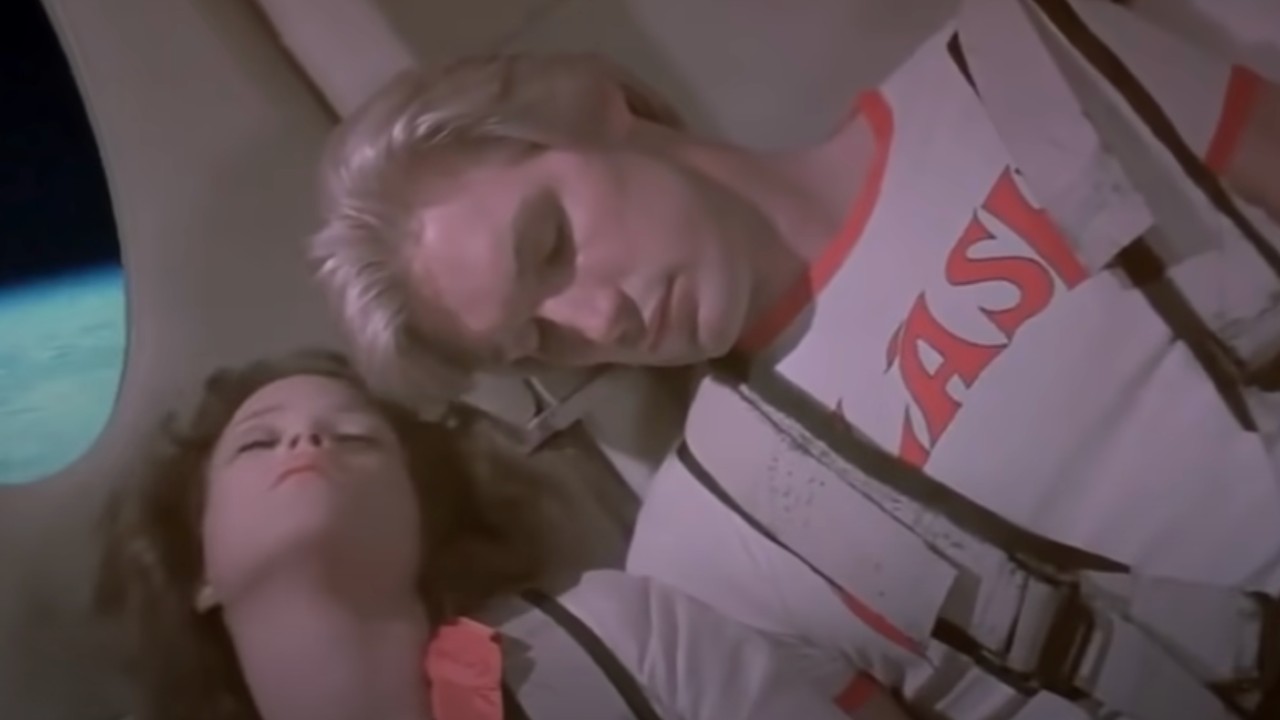
Flash Gordon (1980)
The awesomely cheesy, cinematic adaptation of Alex Raymond's comic, Flash Gordon, had a strong start at the box office, topping the charts in the U.S. However, it would slow down in later weeks and, while it ended up making back its $20 million budget, would make a domestic profit of a little more than $7 million.
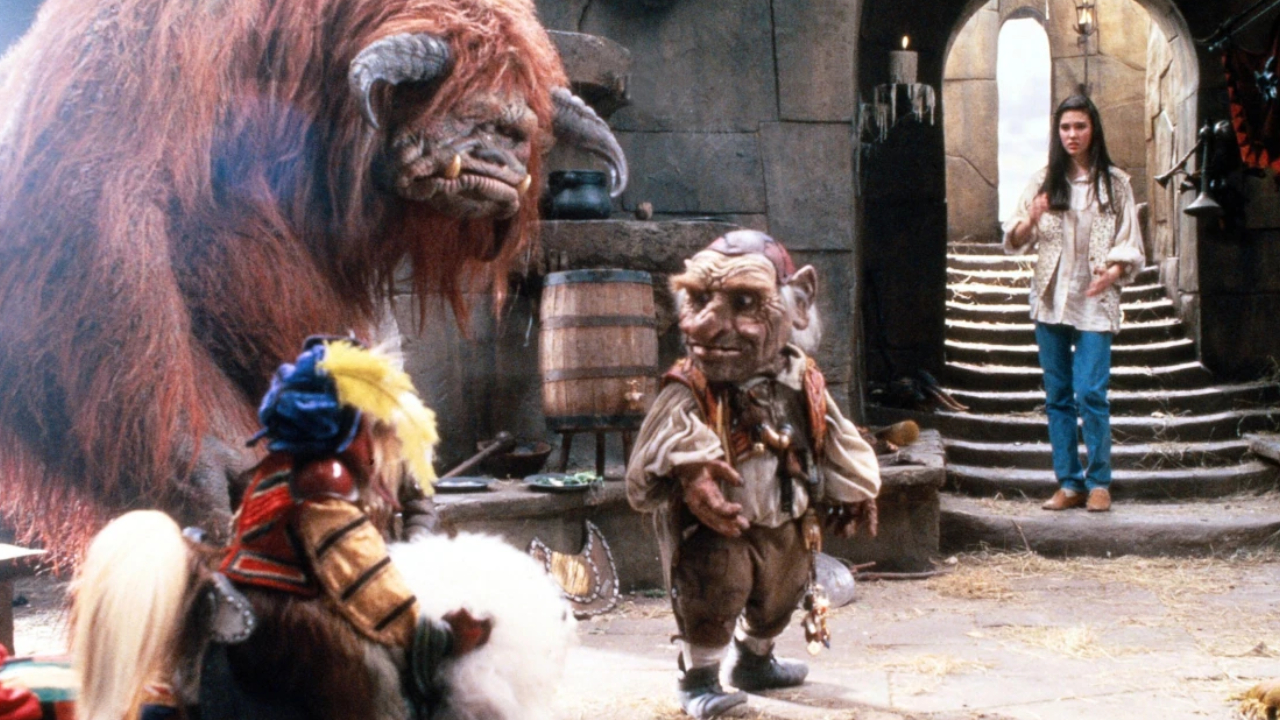
Labyrinth (1986)
For its wondrous production design, unique creatures courtesy of director Jim Henson’s Creature Shop, and a dazzling performance by rock star David Bowie as the dastardly king of the goblins, Jareth, Labyrinth is a definitive example of a cult classic. The musical fantasy’s cult status is also largely determined by its performance at the box office — grossing only $14.5 million on a $25 million budget, which could be due to some parents fearing it may be too scary for their children.
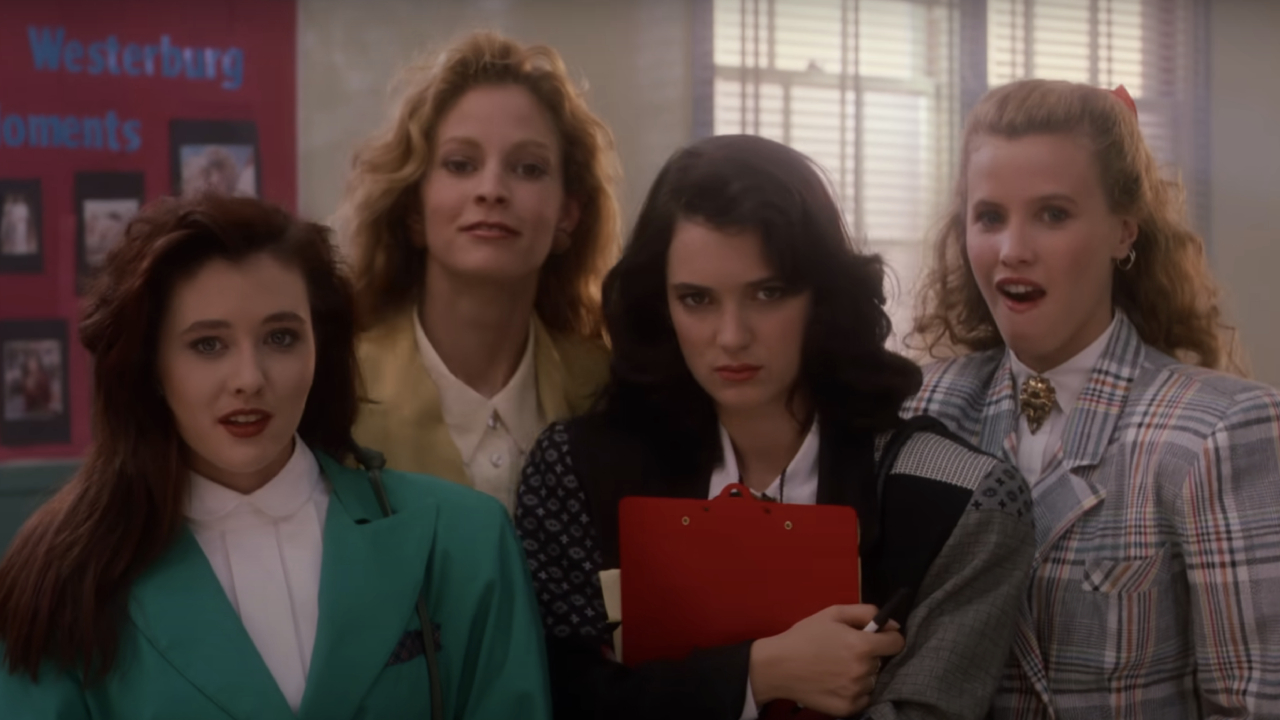
Heathers (1988)
Having since inspired a stage musical adaptation, a series reboot in 2018, and boasting a daring premise for its time, Heathers is now considered one of the best high school movies of all time, despite its initial commercial failure. While costing just $3 million, it only took in $1.1 million, perhaps because nobody wanted to see a movie about teenagers killing off their classmates at the time.
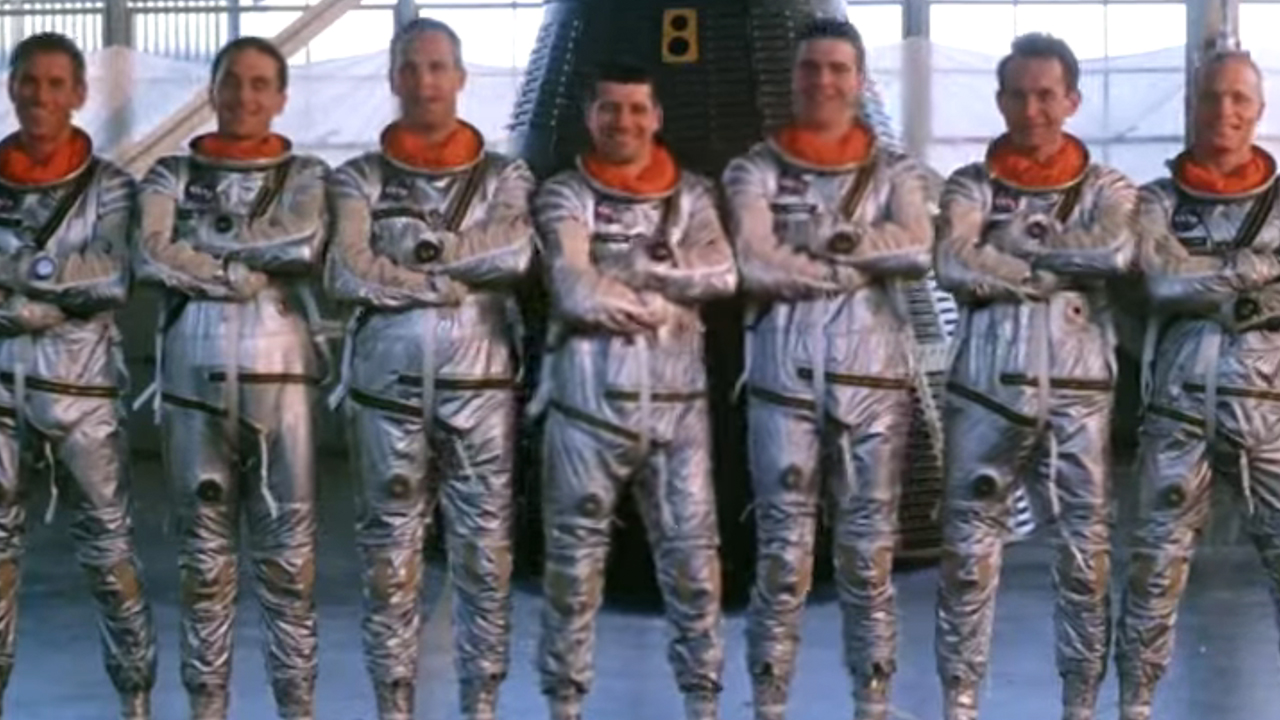
The Right Stuff (1983)
Even at a time when space movies usually made a killing, The Right Stuff — a dramatization of the development of the United States space program — did not fly very high. The $27 million drama fell a bit short, raking in just $21.5 million, but went on to win four Academy Awards.
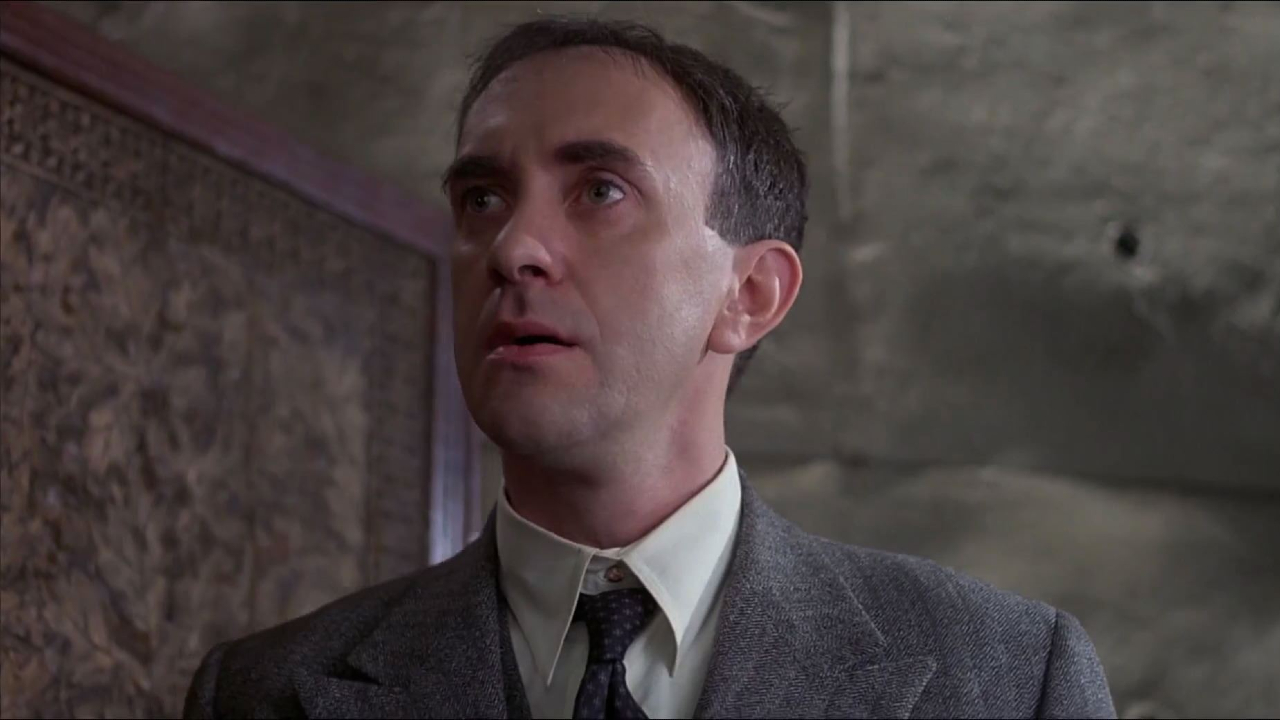
Brazil (1985)
Terry Gilliam is one of the most fascinating, visually talented filmmakers to ever walk the Earth and one of the most stunning examples of his gifts is Brazil, which stars Jonathan Pryce as a bureaucrat whose mundane life is interrupted when he becomes accused of a crime. However, it seems that audiences just were not ready for the former Monty Python member’s vision at the time, as the quirky, highly inventive dystopian thriller only made $9.9 million on a $15 million budget.
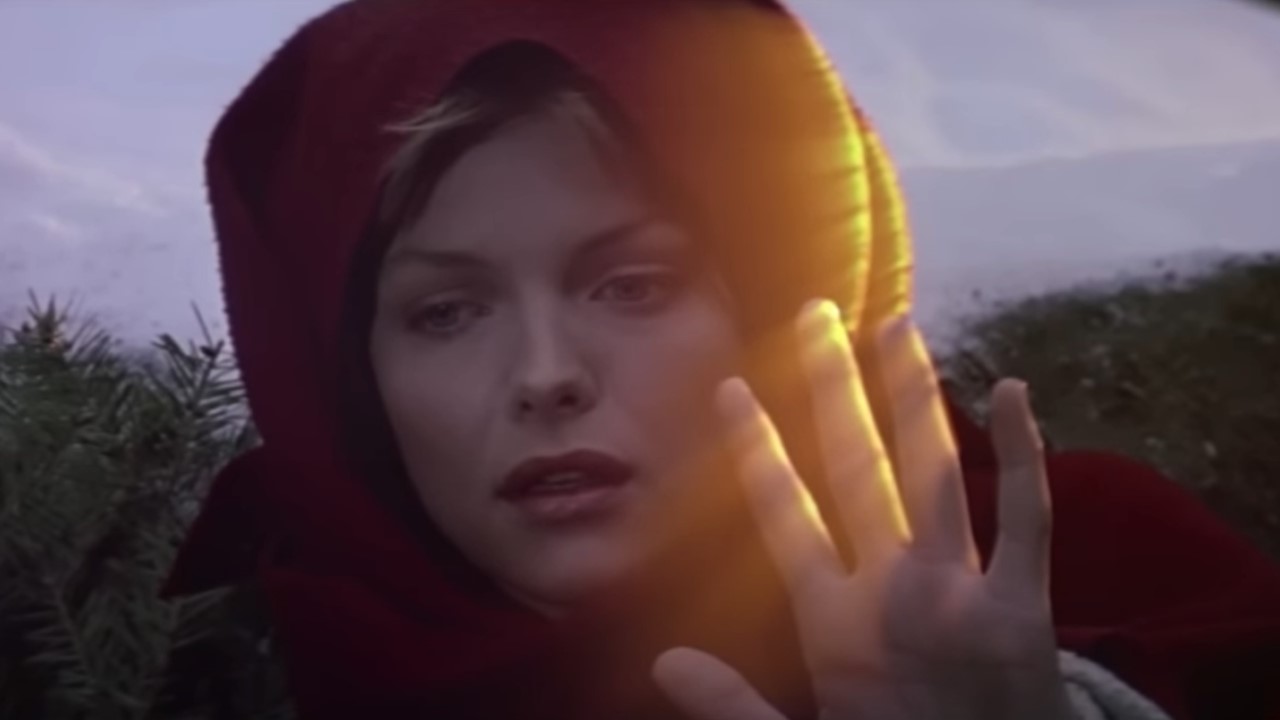
Ladyhawke (1985)
Director Richard Donner’s Ladyhawke has everything a moviegoer could want — action-packed thrills, wondrous mysticism, clever hijinks, and more. Yet, the $20 million fantasy adventure — about a thief (played by Matthew Broderick), a rugged warrior (played by Rutger Hauer), and a mysterious woman (played by Michelle Pfeiffer) teaming up against a tyrannical bishop — was not seen by that many moviegoers, having earned $18 million
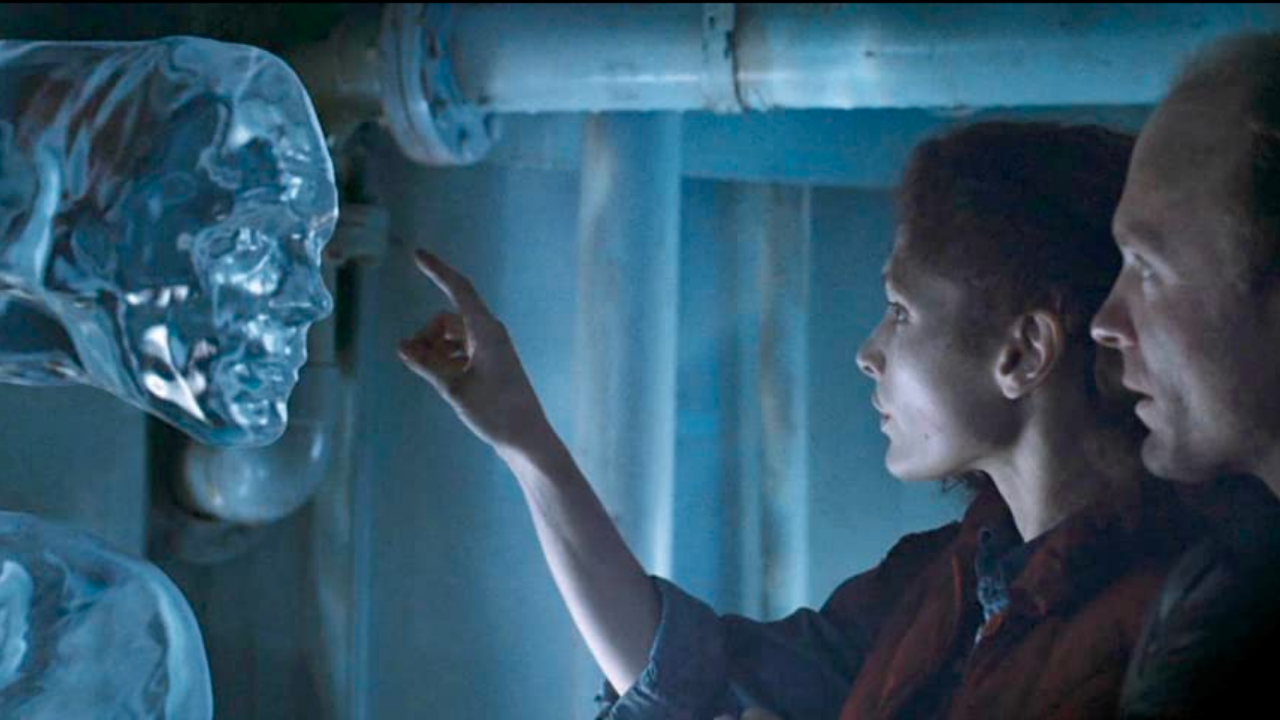
The Abyss (1989)
In all honestly, James Cameron, the Academy Award-winning filmmaker behind record-breaking hits like Titanic and Avatar, has never really made a flop in his career, per se. Even The Abyss — in which a diving team stumbles on an extra-terrestrial presence beneath the surface — made $90 million on a $50 million budget, but that was considered quite a step down from the success he had with The Terminator and Aliens.
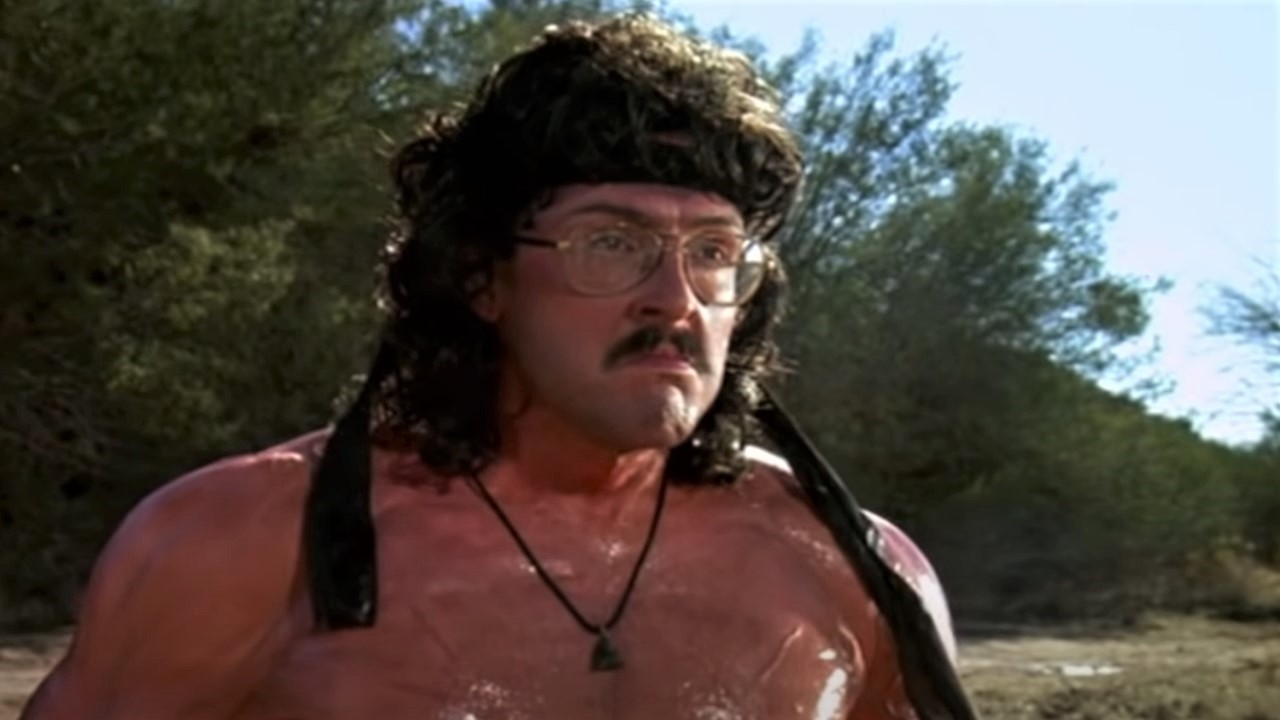
UHF (1989)
While some of the jokes are a little dated by today’s standards, fans of “Weird Al” Yankovic still cannot get enough of UHF, which they might consider one of the best parody movies of its time. The comedy — about a man (played by Yankovic) who becomes the manager of a struggling TV network — would make a profit off of its $6 million box office gross, but not by much since it cost $5 million to make.
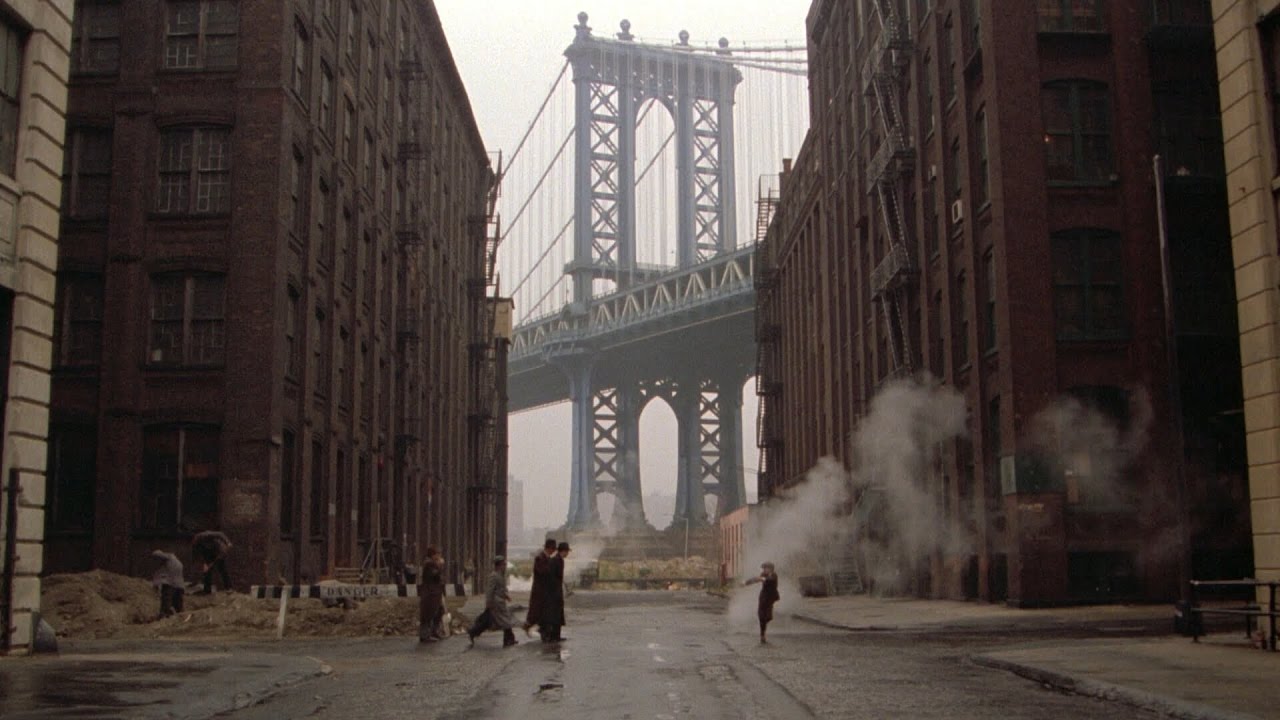
Once Upon A Time In America (1984)
Sergio Leone’s Once Upon a Time in America is a crime epic in the true definition of the term, having had its original 269-minute runtime edited down to 139 minutes, which could explain why it only made $5.5 million on a $30 million budget. However, some people who did see the gangster drama — which stars Robert De Niro and Elizabeth McGovern — would condemn its violent content.
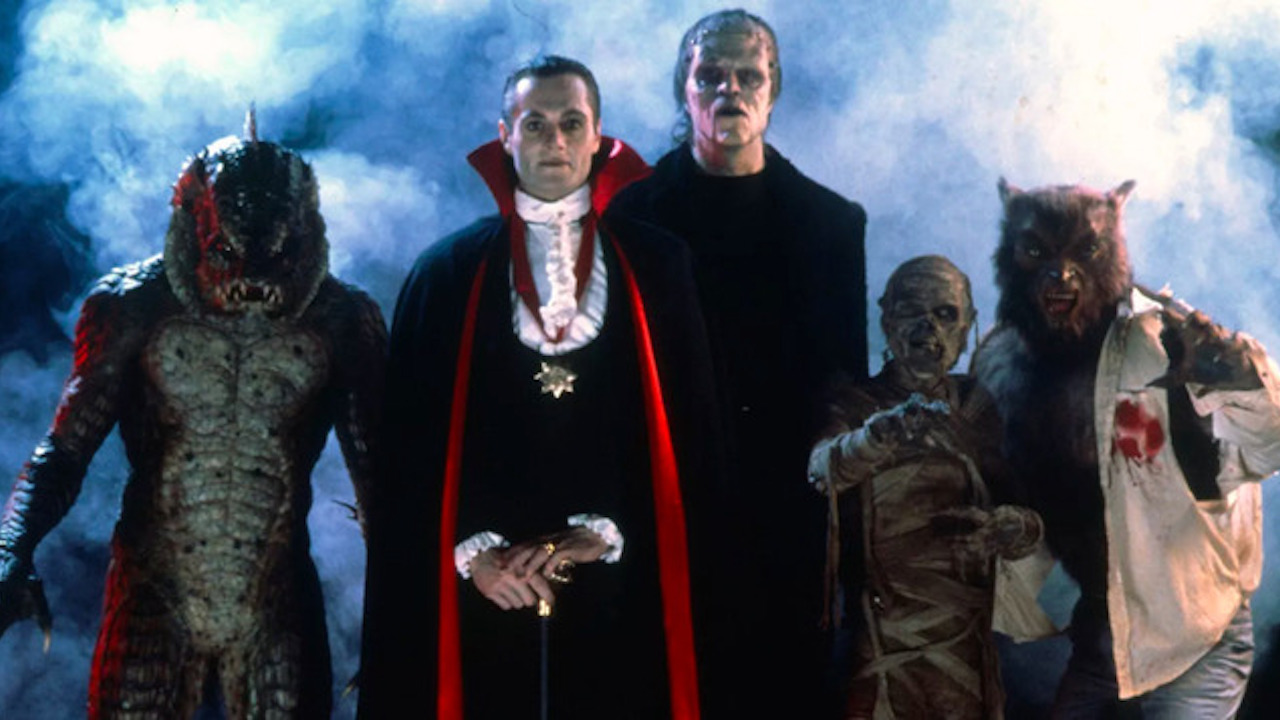
The Monster Squad (1987)
These days, The Monster Squad is considered a not-so-scary horror movie classic that those who grew up with it love to put on every year around the Halloween season. Perhaps if the $14 million film — about a group of children who find themselves at odds with Count Dracula and other famed creatures — was released in October, it could have seen a greater success than its $3.8 million gross.
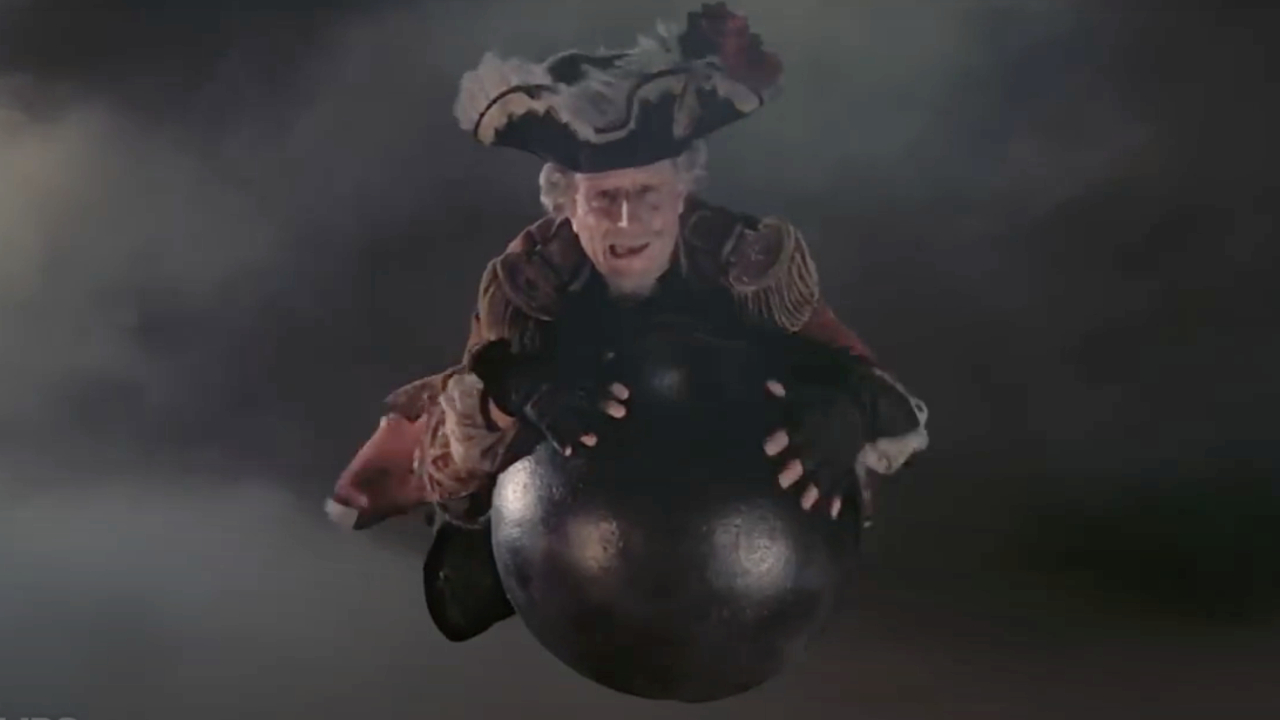
The Adventures Of Baron Munchausen (1988)
Terry Gilliam’s follow-up to Brazil — which made back only a little more than half of its budget in 1985 — would, sadly, prove to be a steeper commercial failure. Made for $46.6 million, The Adventure of Baron Munchausen, which stars John Neville as the titular noble who leads a fantastic quest, took in just $8 million.
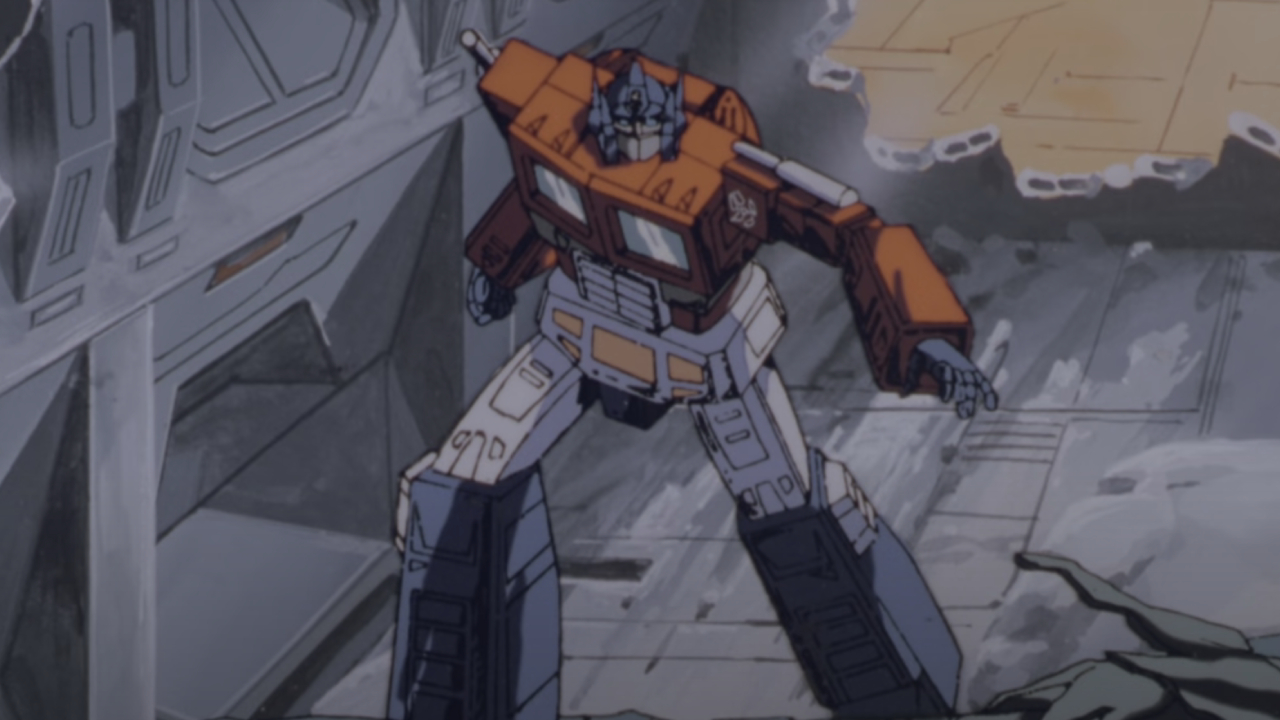
The Transformers: The Movie (1986)
You could say that The Transformers: The Movie is a popular ‘80s flick that has not stood the test of time (due to the later success of the franchises’ live-action reboots). However, its performance at the box office — just barely making back its $6 million budget by raking in roughly $5.8 million — would suggest otherwise. Still, many older fans of the robots in disguise regard it as the best Transformers movie to this day.
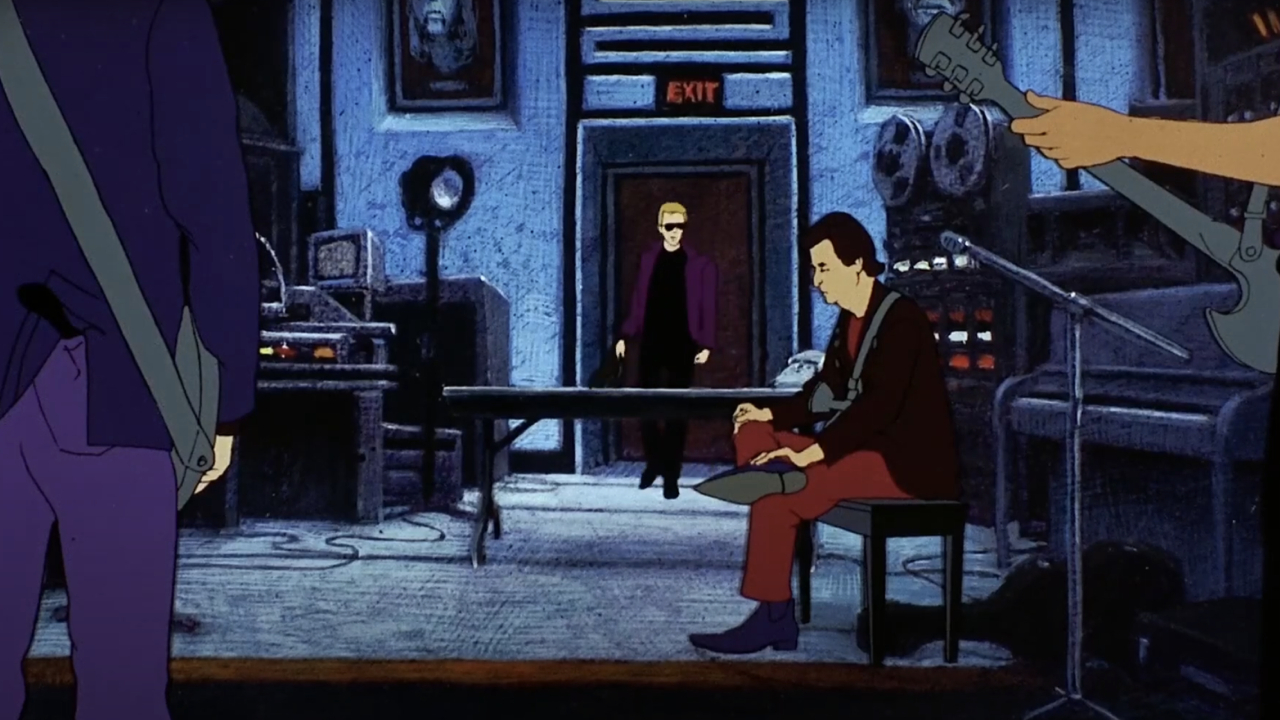
American Pop (1981)
Filmmaker Ralph Bakshi, the creator of some of the most famous and acclaimed animated movies for grown-ups, arguably hit his peak with American Pop, which was written by Ronni Kern and follows four generations of a family of Russian Jewish musicians. However, the musical drama certainly would not be the peak of his career from a financial perspective, making $6 million on a $5 million budget.
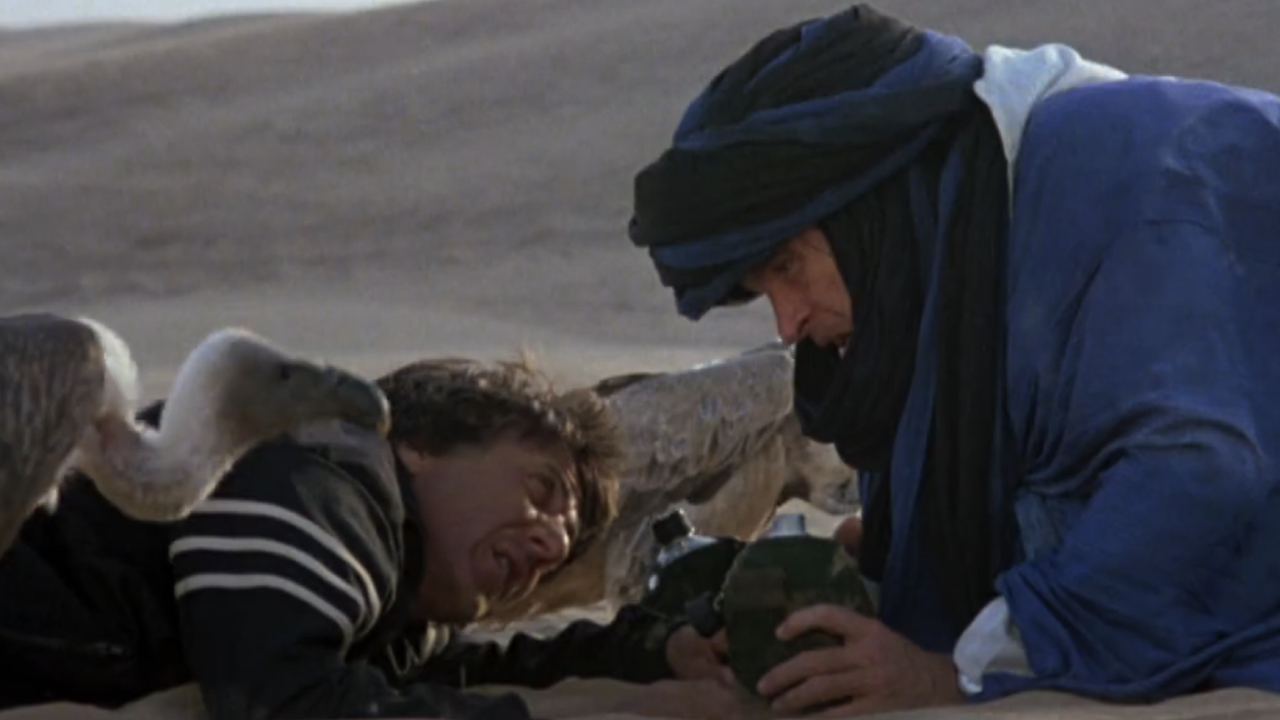
Ishtar (1987)
Let alone the fact that Ishtar cost $51 million and made just $14.3 million, the film was torn apart by critics and deemed one of the worst films of its time, if not ever. However, the adventure comedy starring Dustin Hoffman and Warren Beatty has since been reevaluated by many as a fun and underrated romp, which makes its failure at the time of release feel like only a slight misstep in its overall legacy.
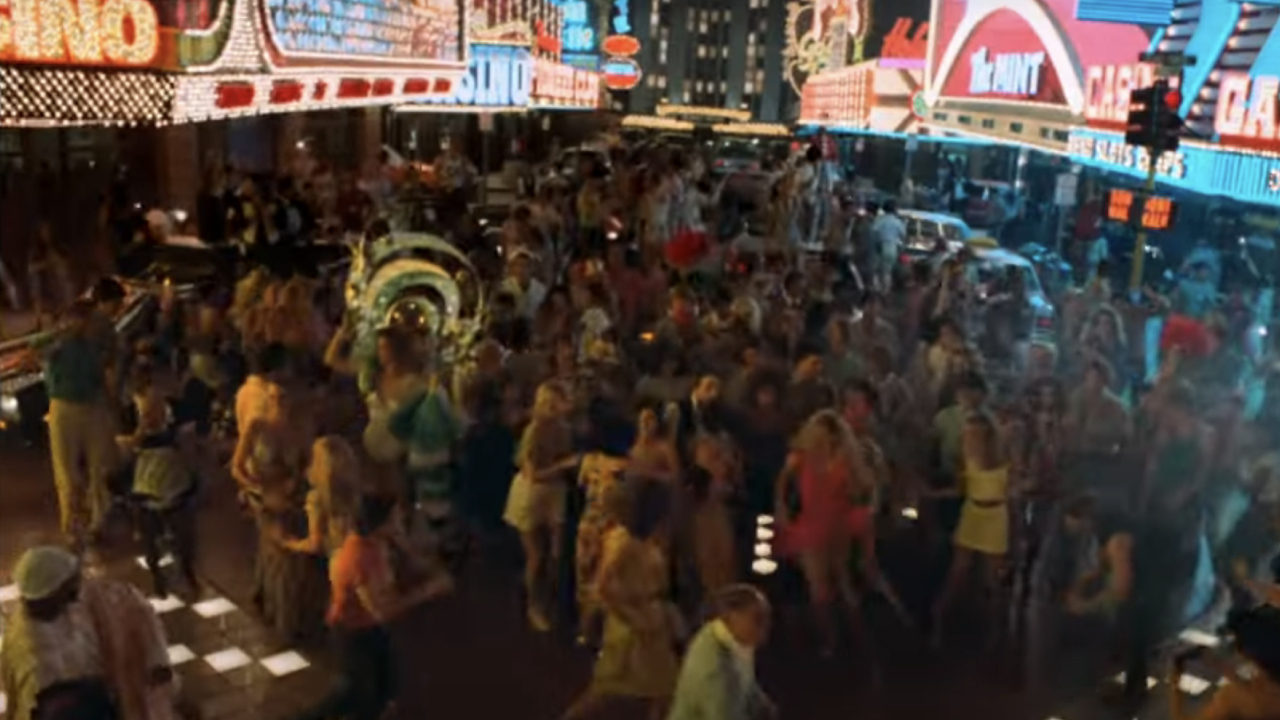
One From The Heart (1981)
Francis Ford Coppola is one of the most important filmmakers of our time, having won critics and audiences over with his Best Picture Oscar winners, The Godfather and The Godfather Part II, to name just a couple. However, 1981 saw him suffer one of his greatest losses as his $26 million romantic musical drama One from the Heart only took in $697,872.
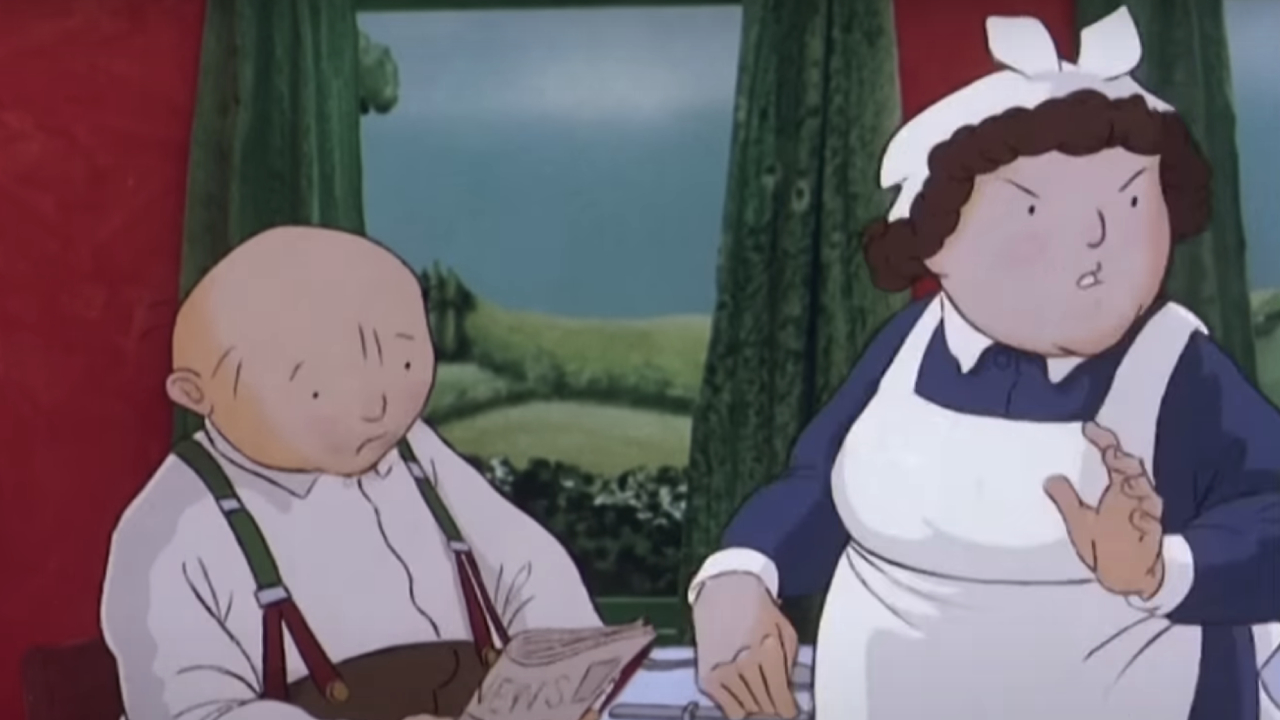
When the Wind Blows (1986)
Based on Raymond Briggs’ graphic novel and featuring songs by David Bowie and Roger Waters, When the Wind Blows is a thought-provoking meditation on the looming threat of nuclear war, as seen through the eyes of one naive elderly couple from rural England. Whether it was its animation style or its bleak subject matter, audiences failed to drop in for the $2 million satire, which grossed just a little over $5,000.
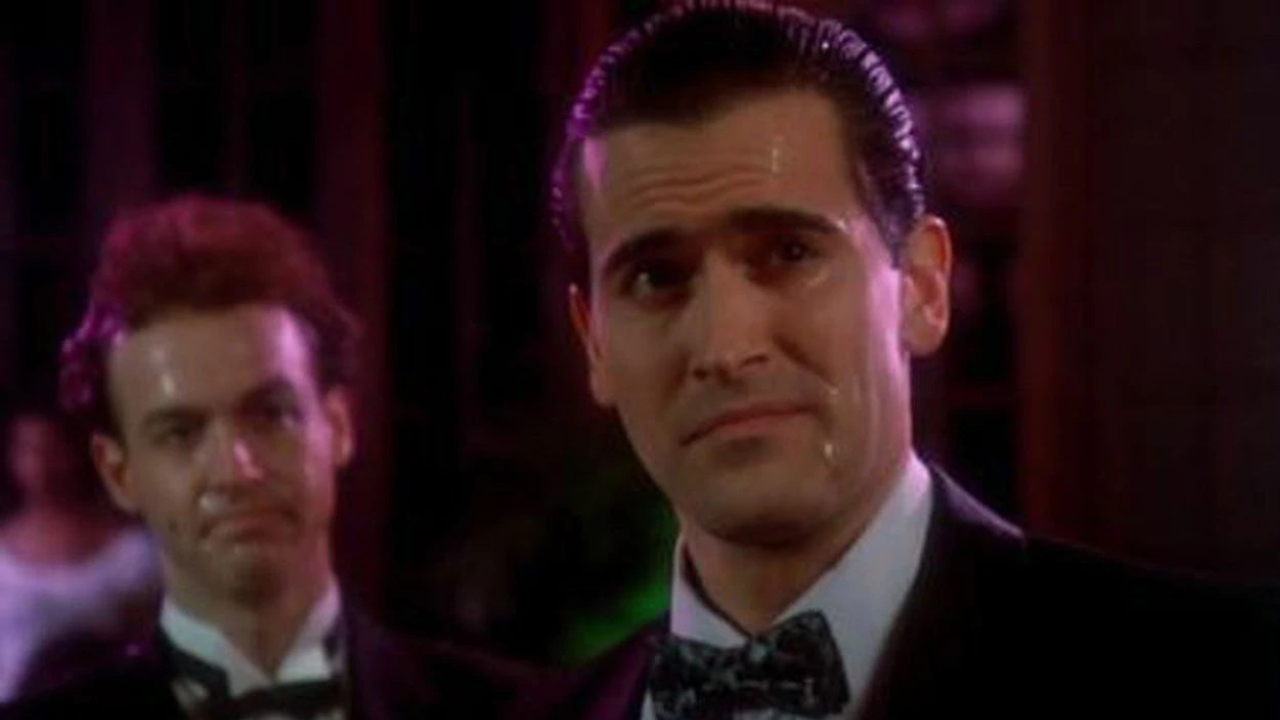
Crimewave (1985)
One of the more overlooked Sam Raimi movies is Crimewave, which was his follow-up to The Evil Dead before continuing the now beloved horror movie franchise. The cartoonish thriller about a man wrongfully accused of a serious of uproarious crimes had a modest $2.5 million budget, but its worldwide gross rounded out to $5,101.
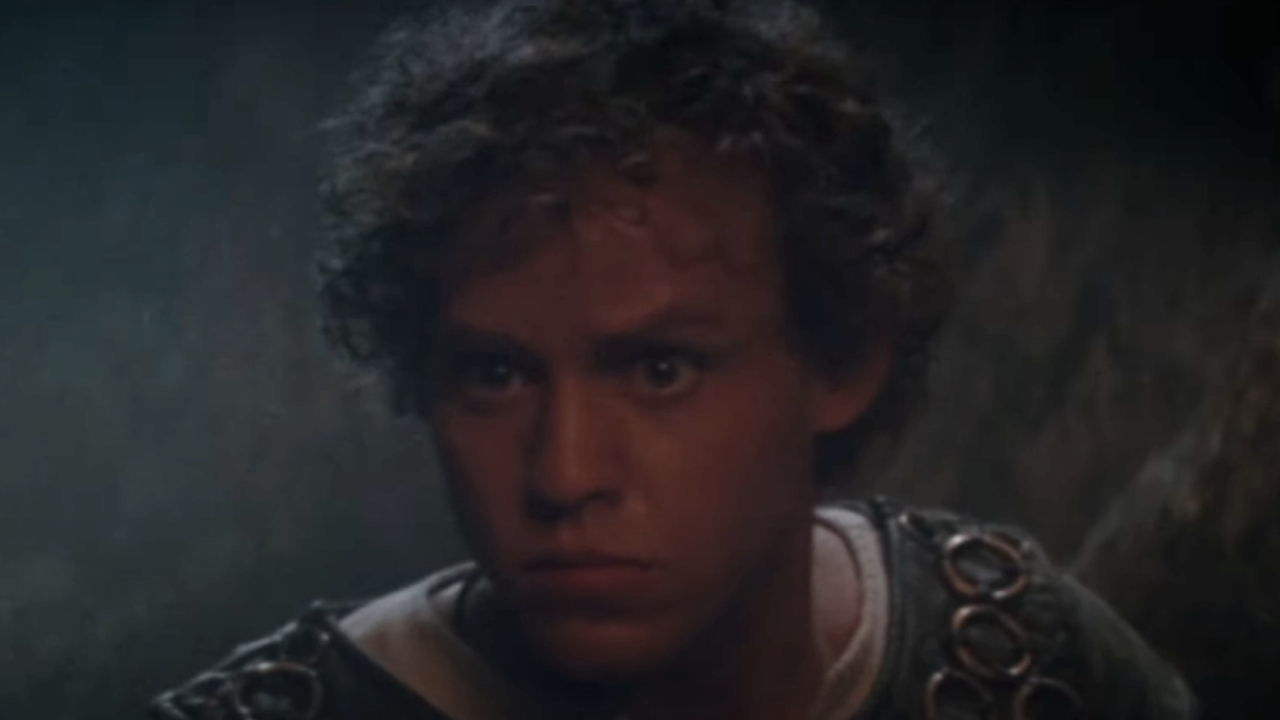
Dragonslayer (1981)
With a name like Dragonslayer, director Matthew Robbins’ fantasy adventure starring Peter MacNicol sounds like a surefire hit already. However, it did not quite live up to its expectations and made just $14 million on an $18 million budget.

Jason Wiese writes feature stories for CinemaBlend. His occupation results from years dreaming of a filmmaking career, settling on a "professional film fan" career, studying journalism at Lindenwood University in St. Charles, MO (where he served as Culture Editor for its student-run print and online publications), and a brief stint of reviewing movies for fun. He would later continue that side-hustle of film criticism on TikTok (@wiesewisdom), where he posts videos on a semi-weekly basis. Look for his name in almost any article about Batman.
